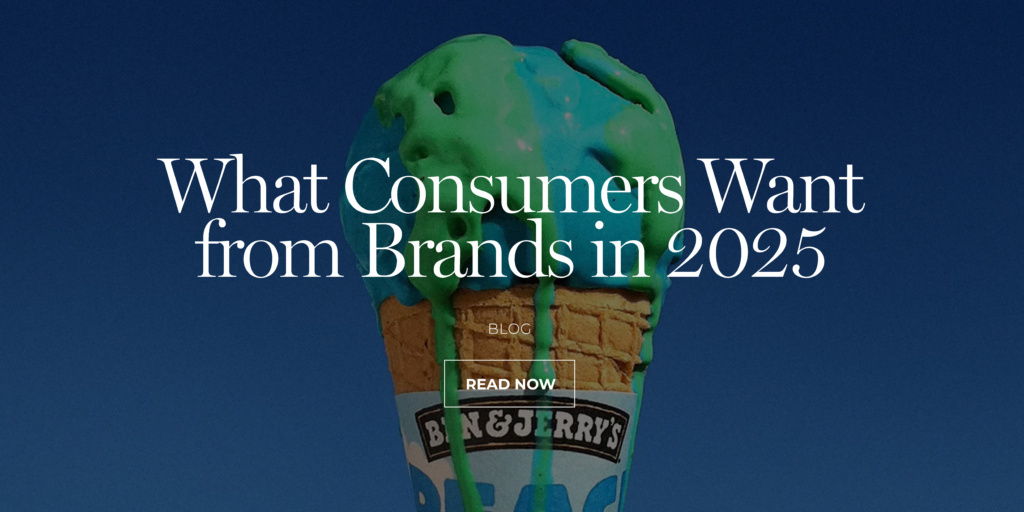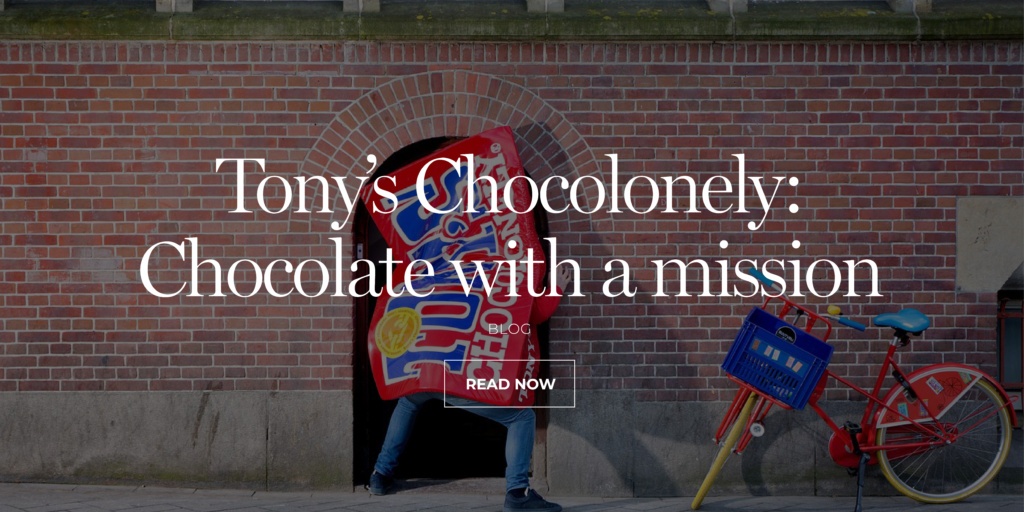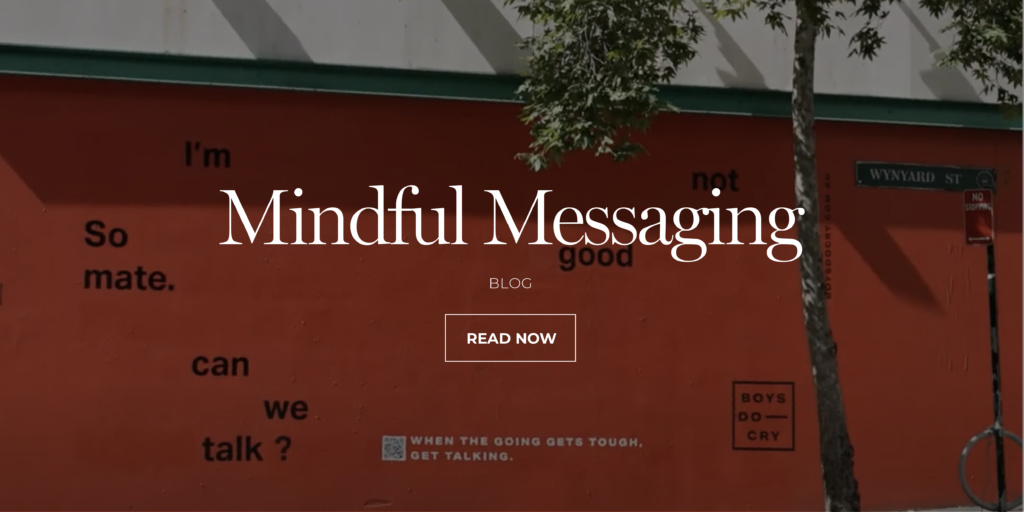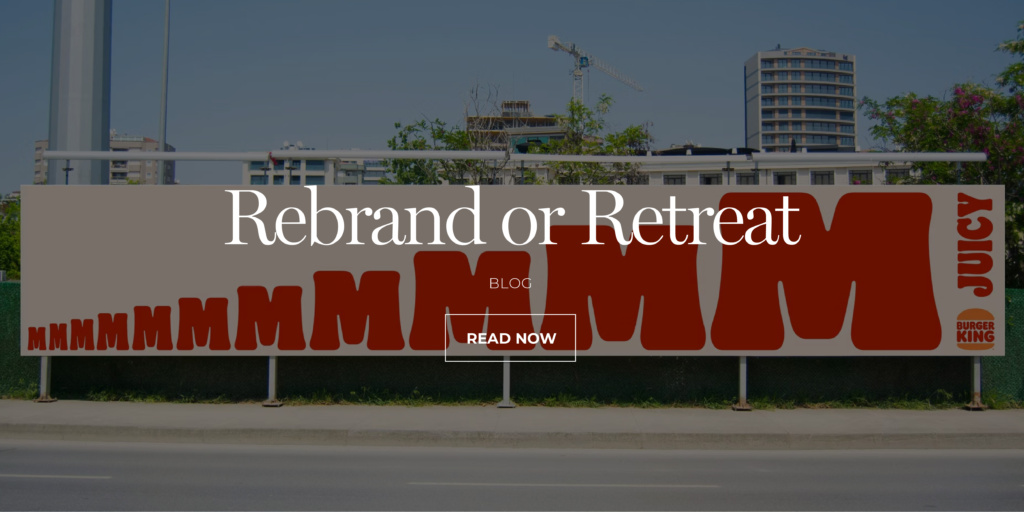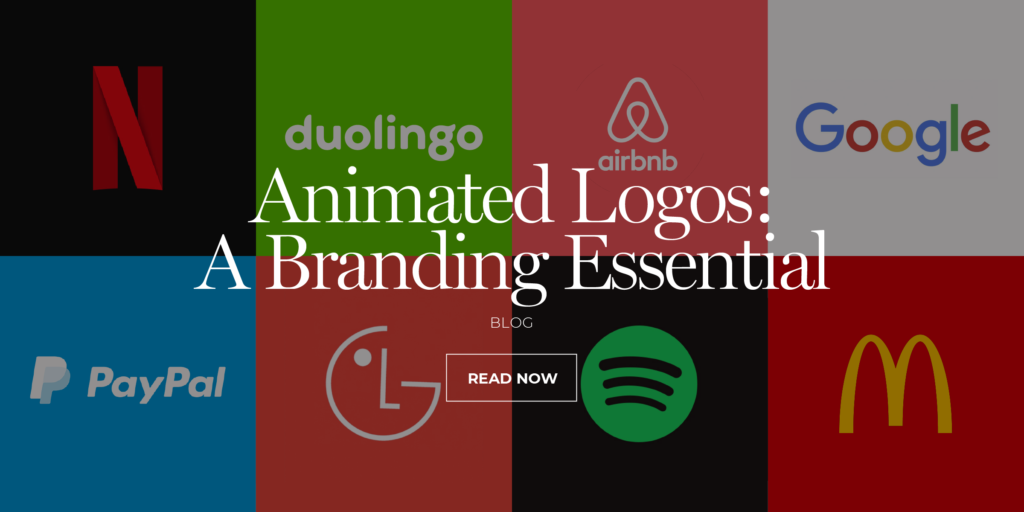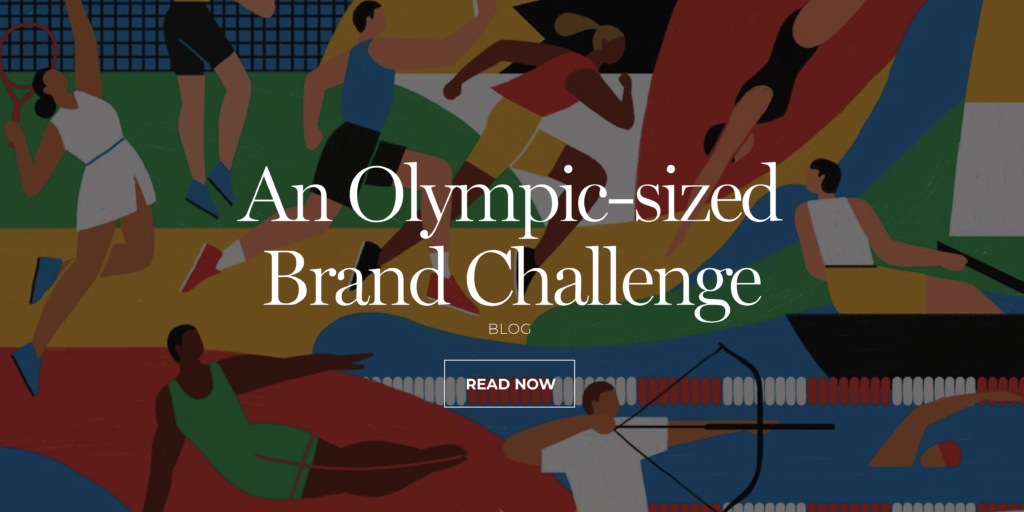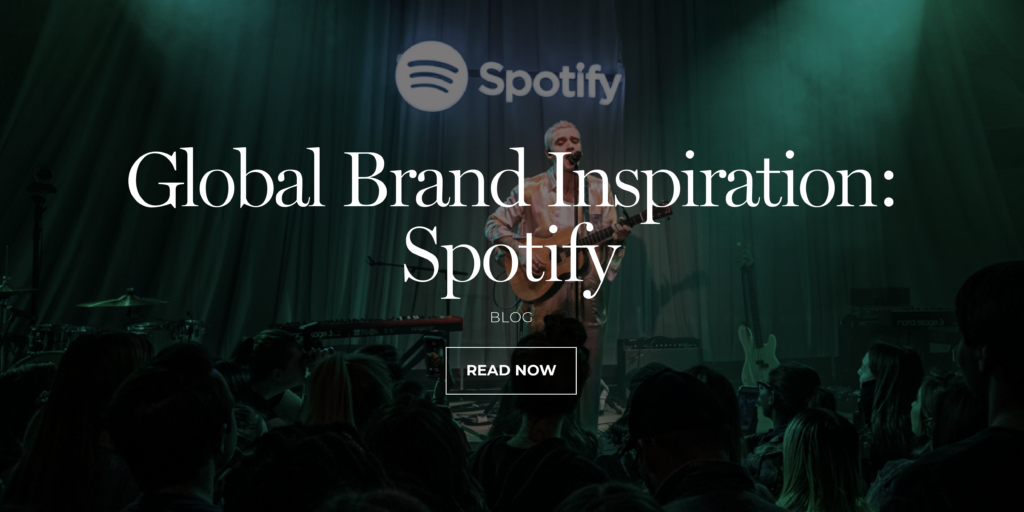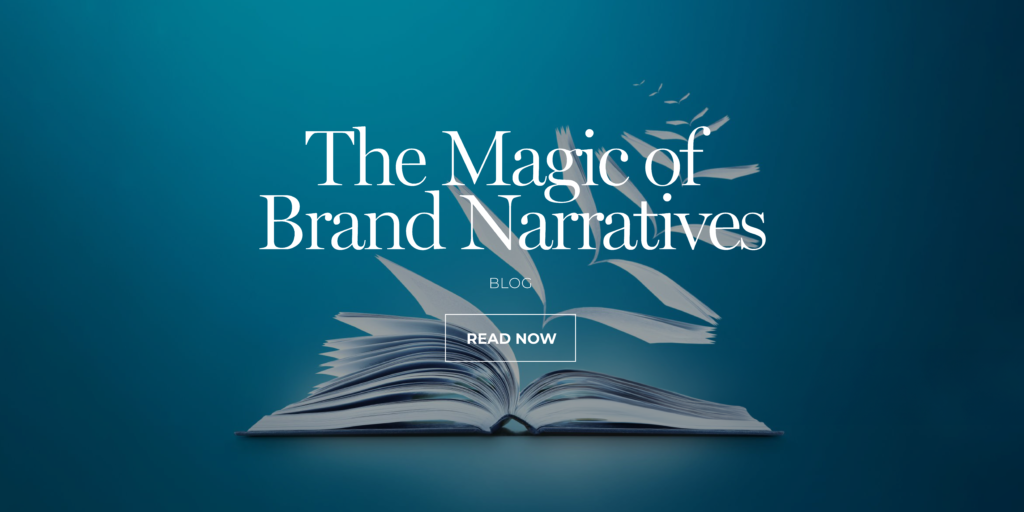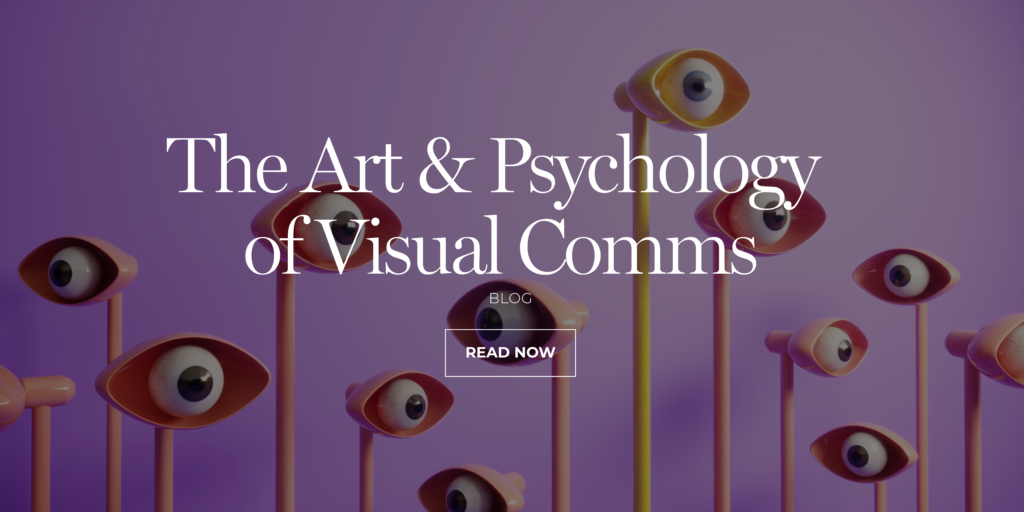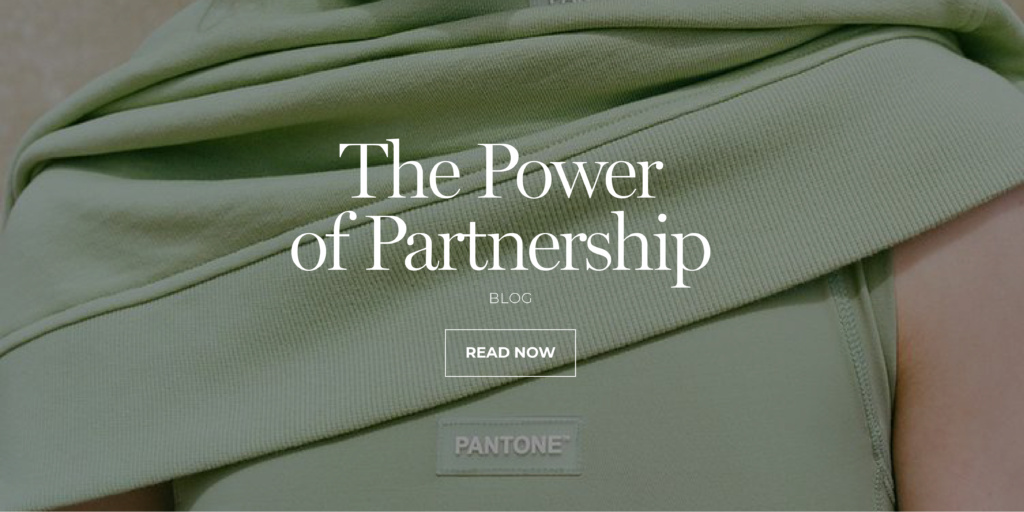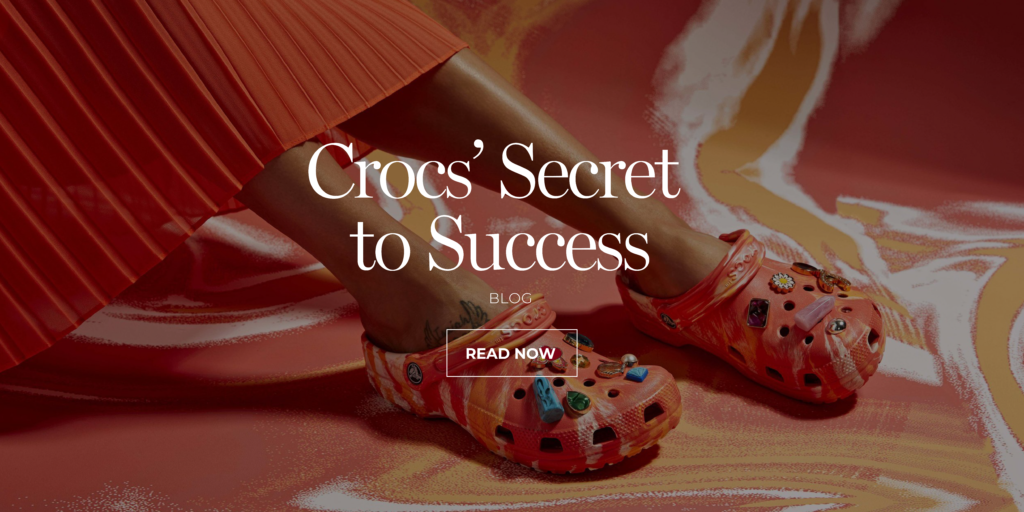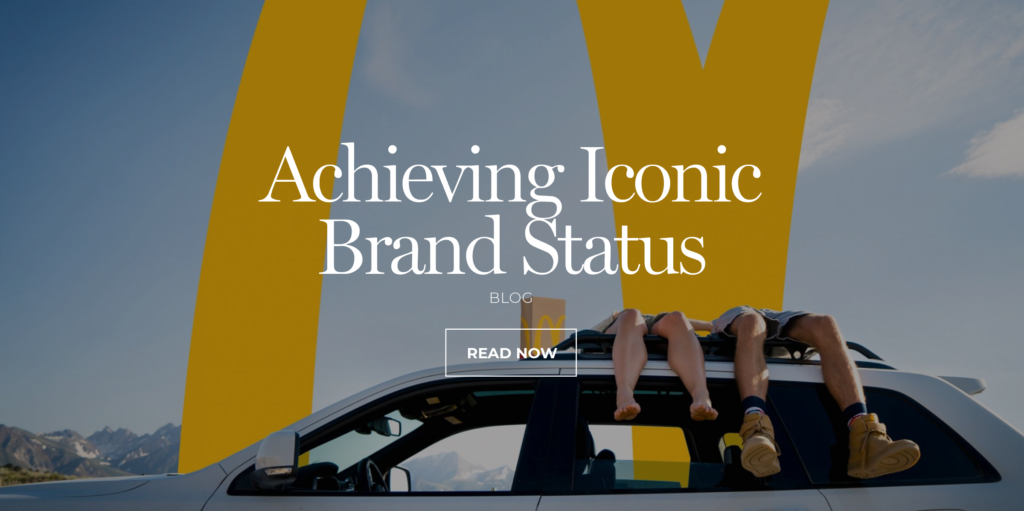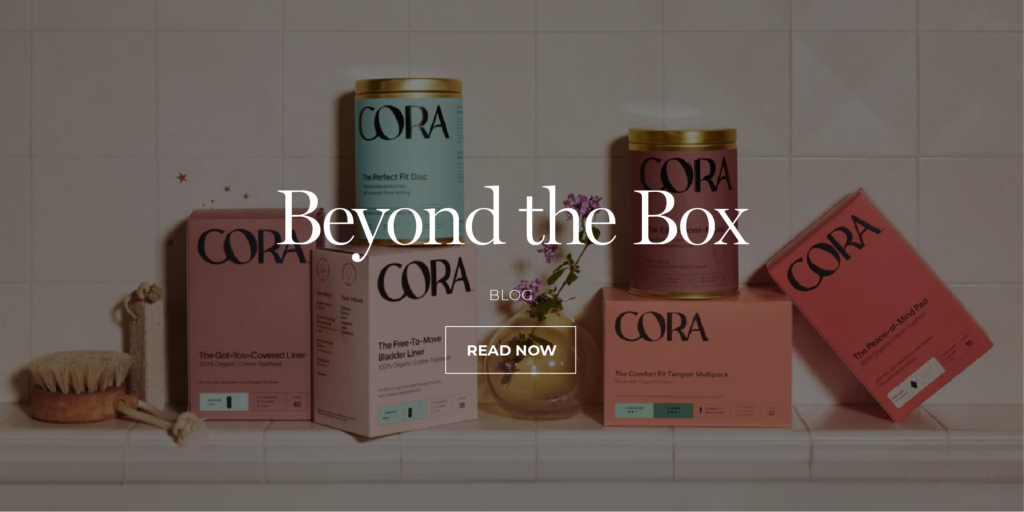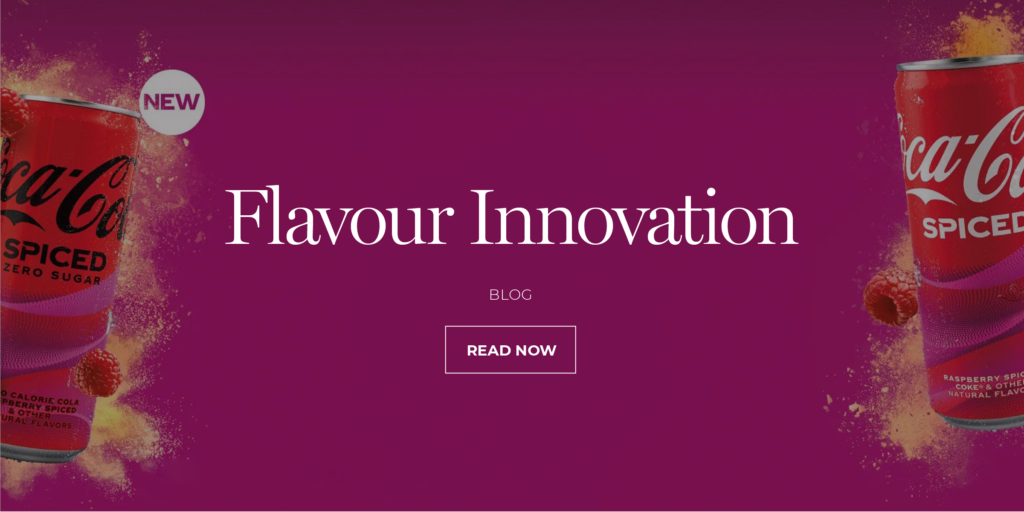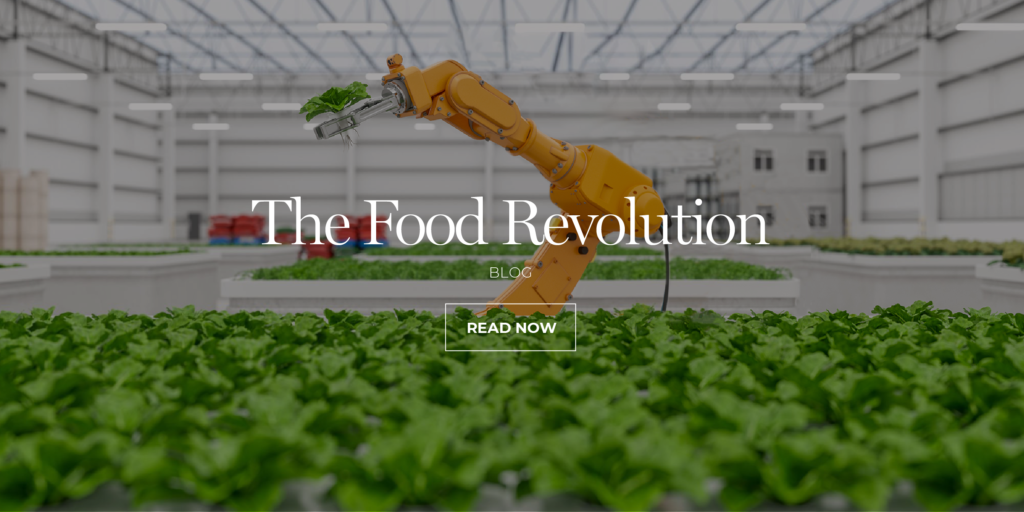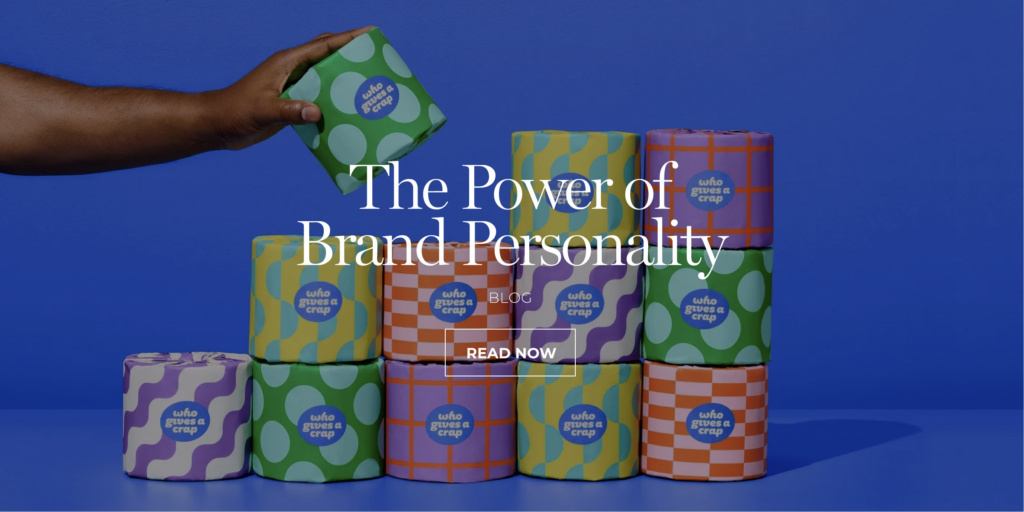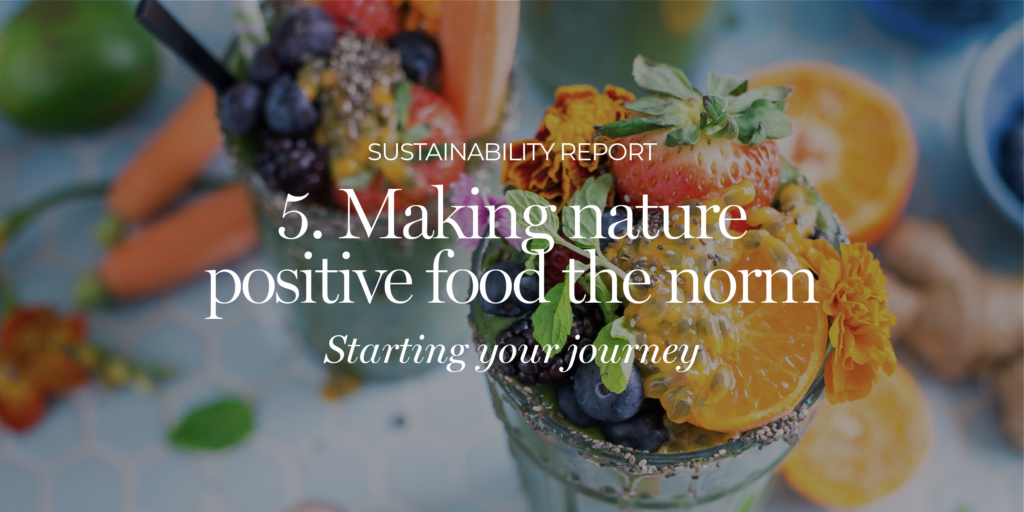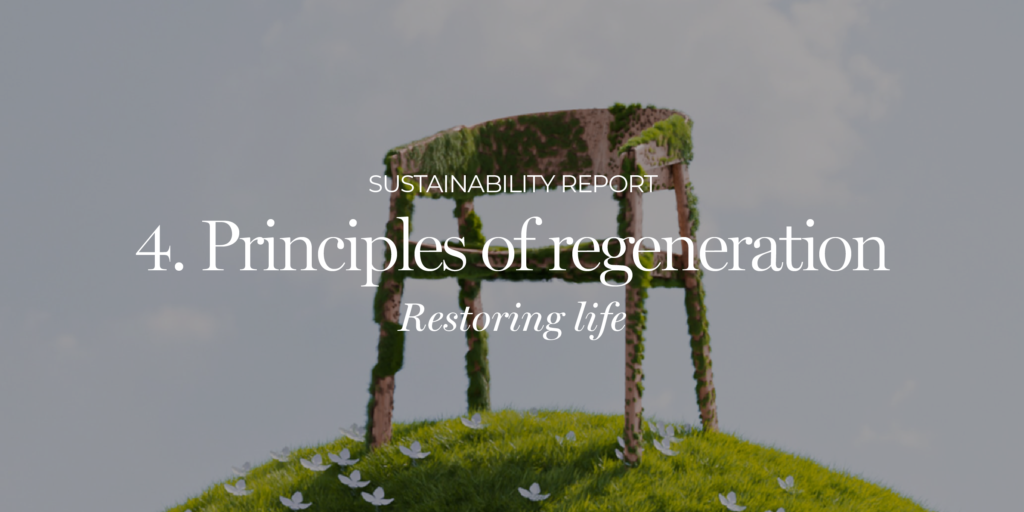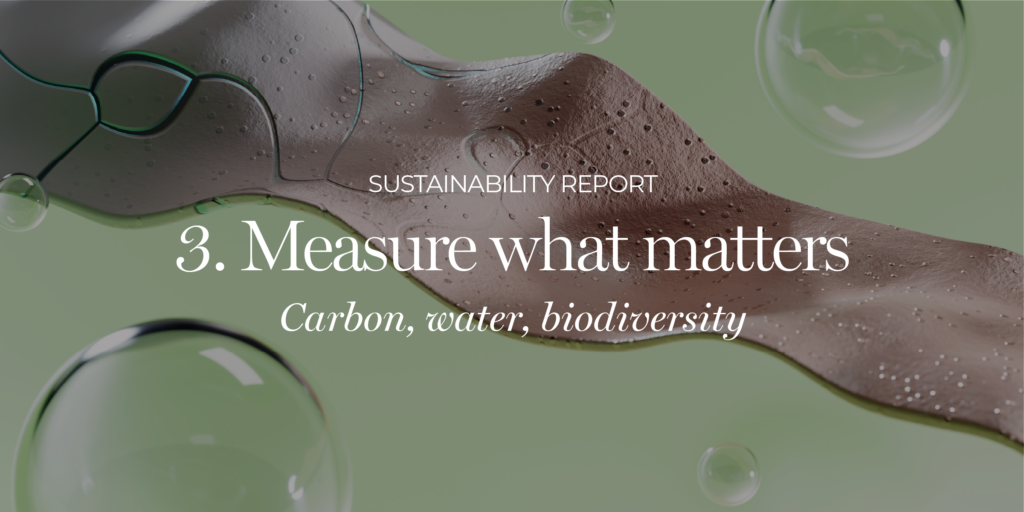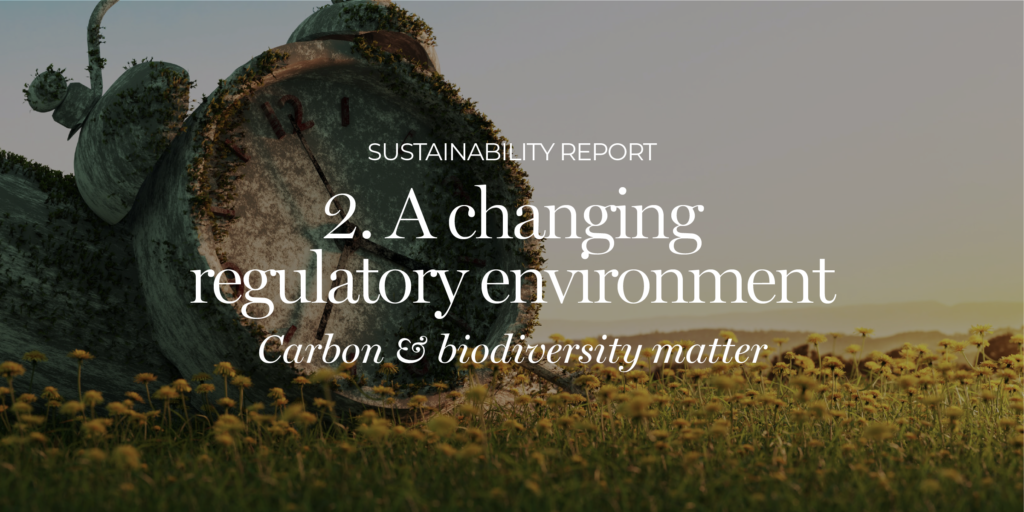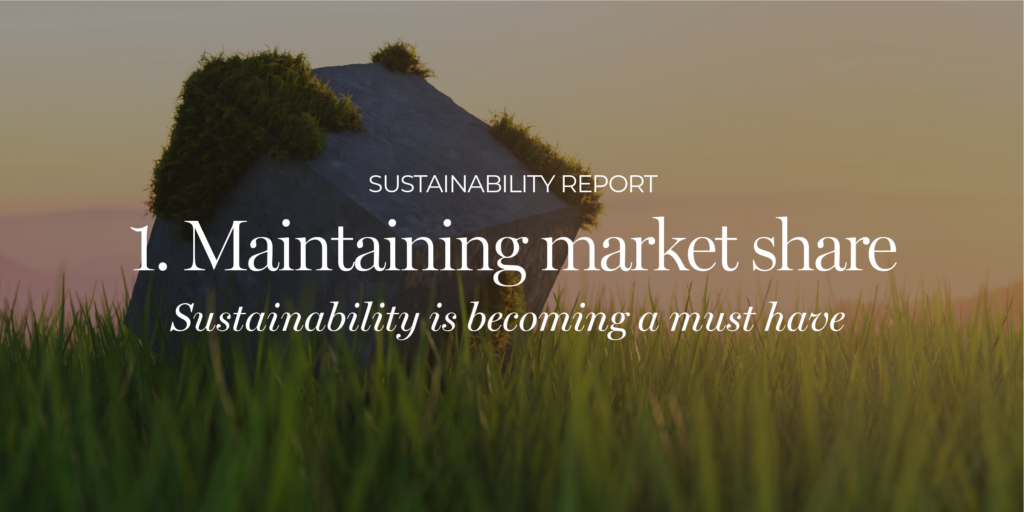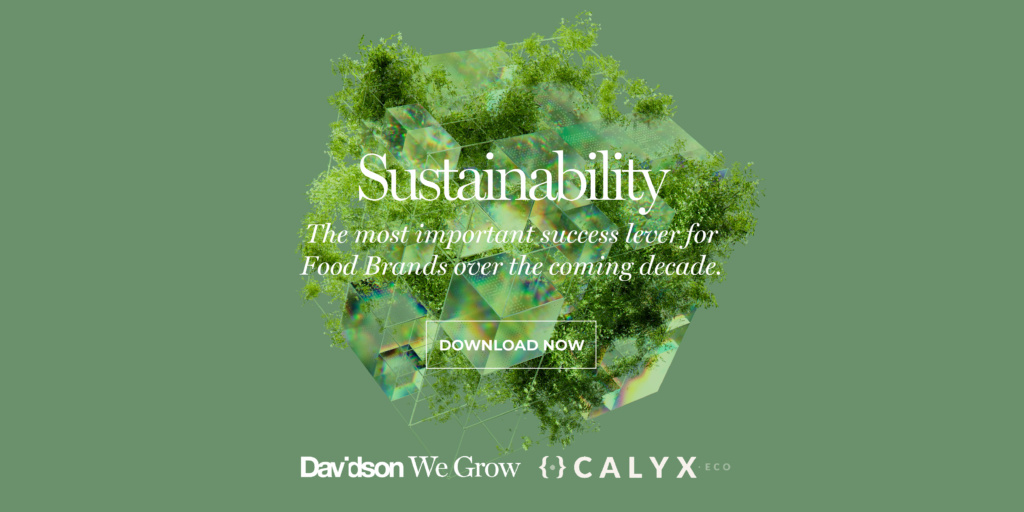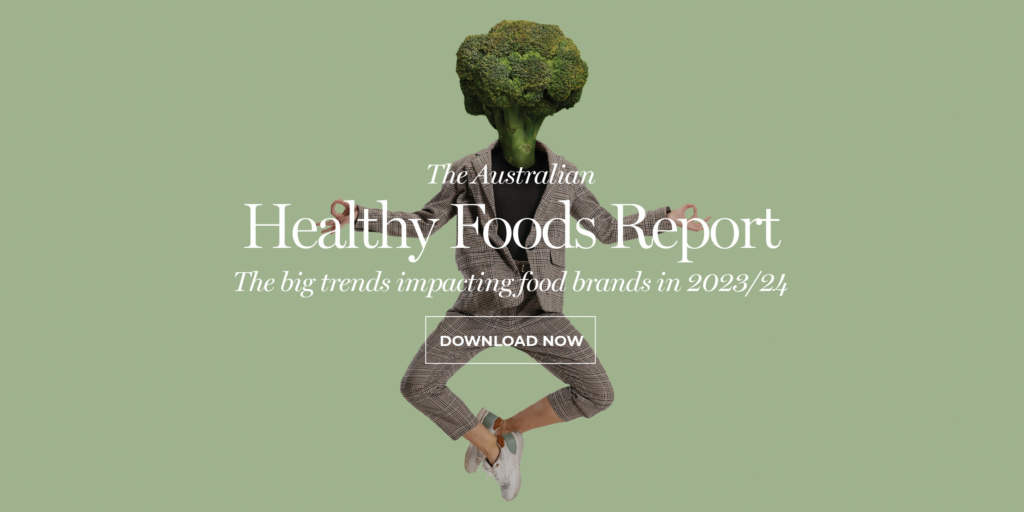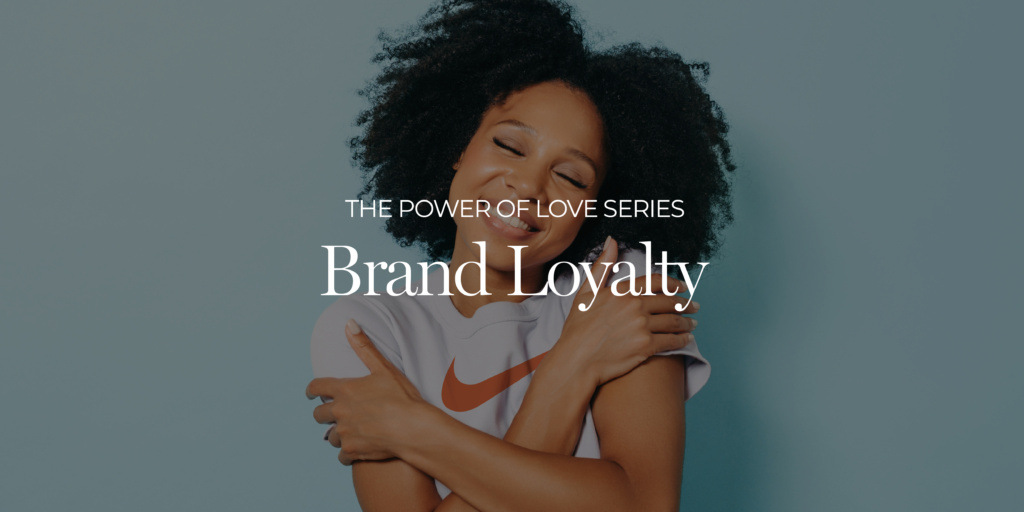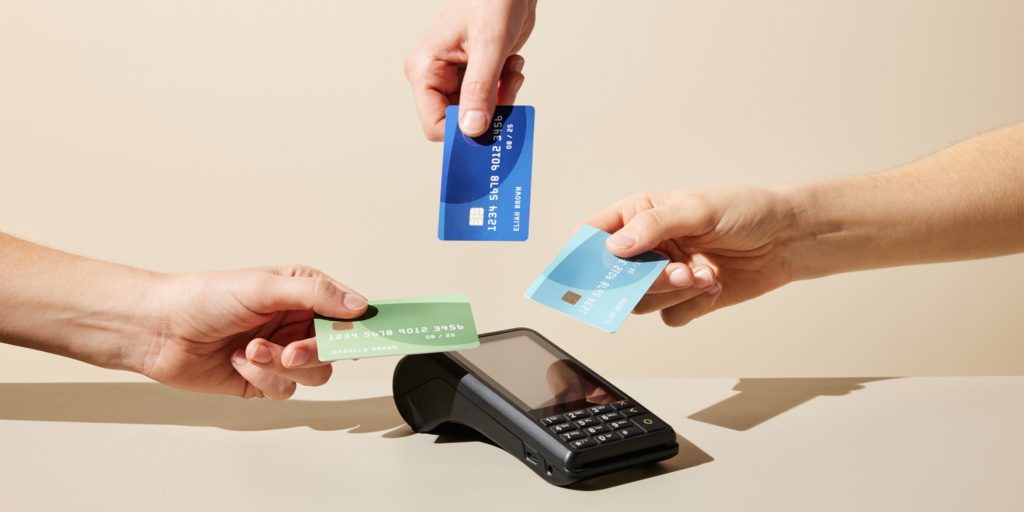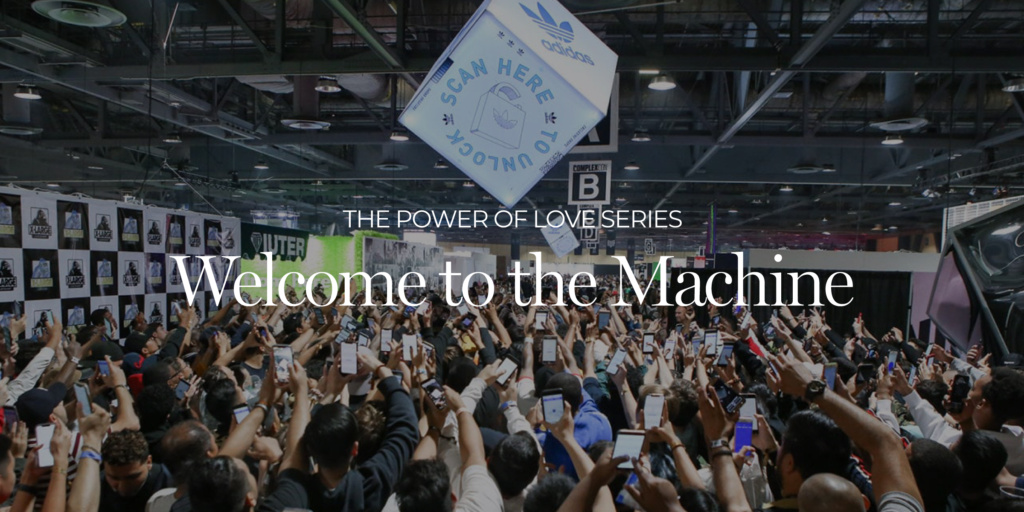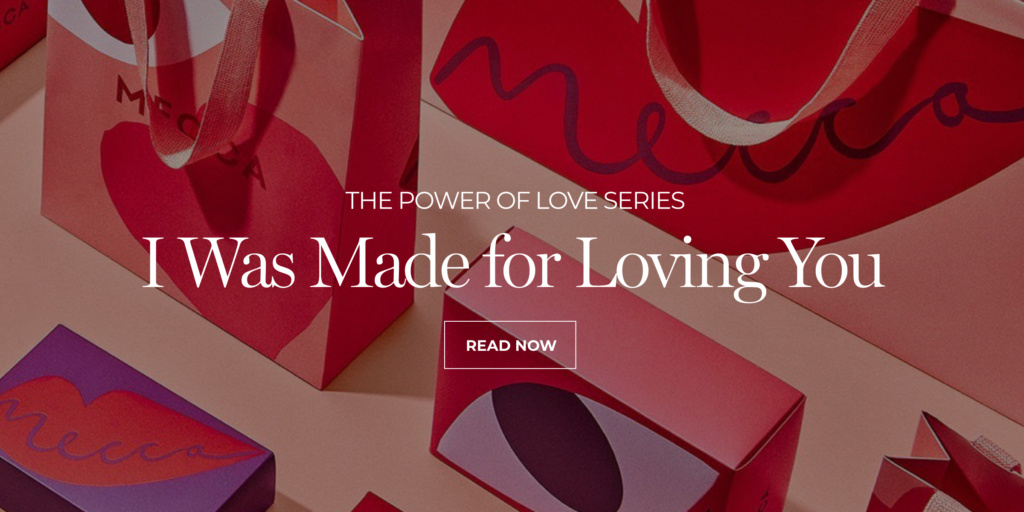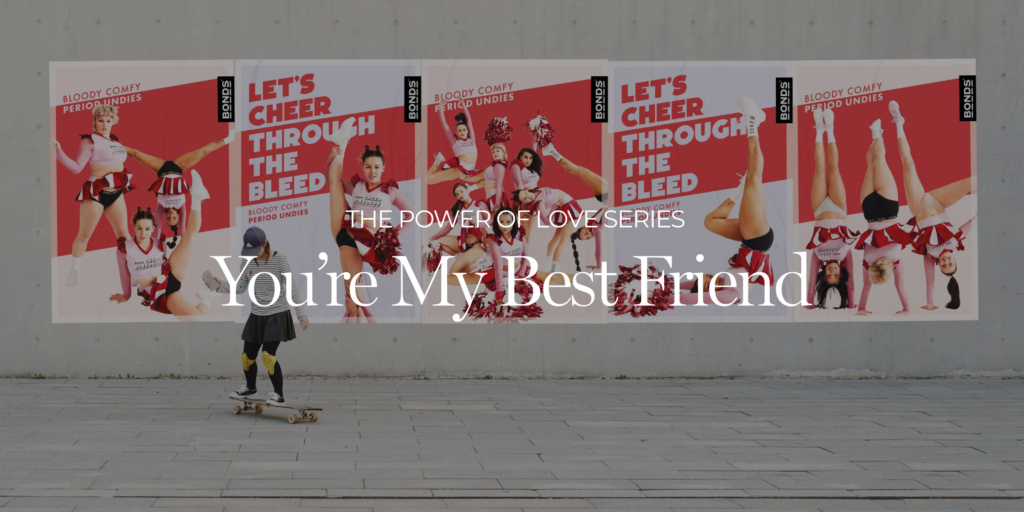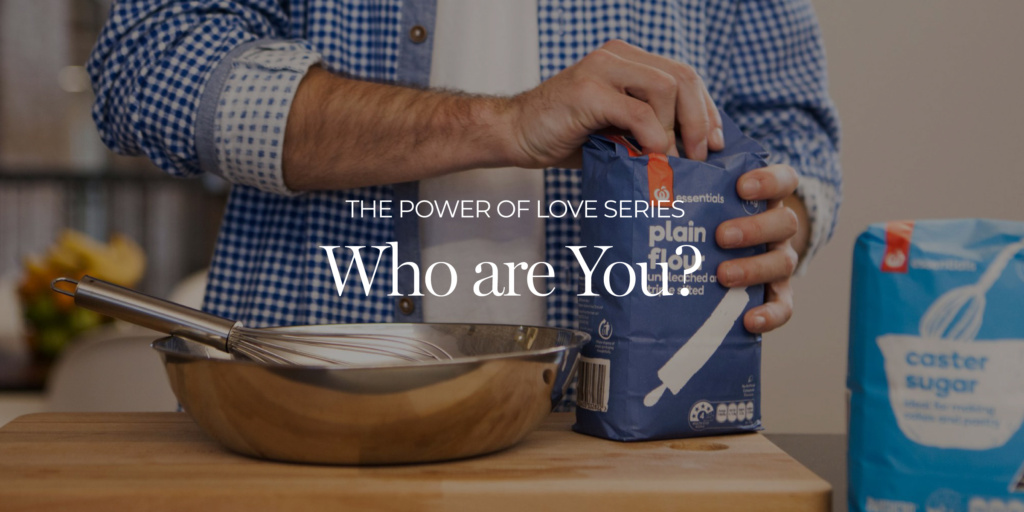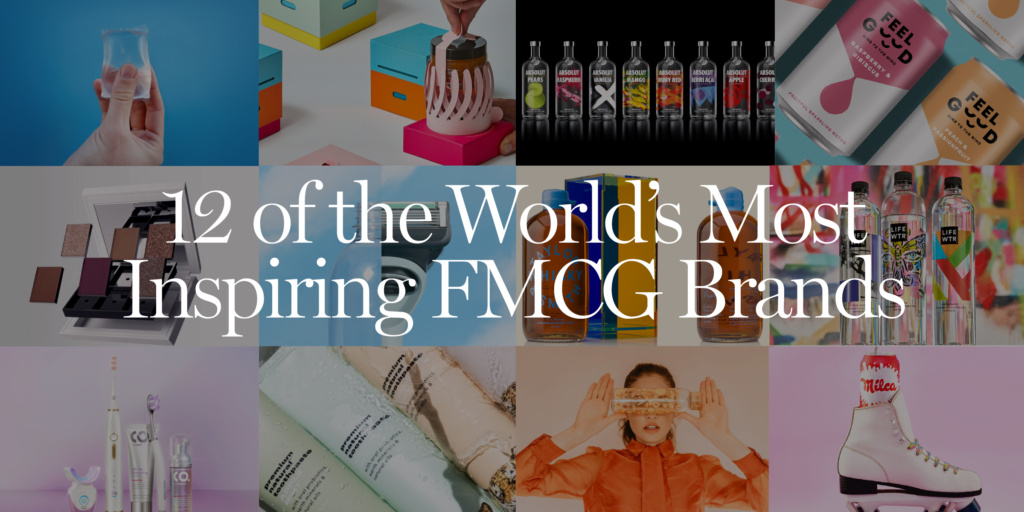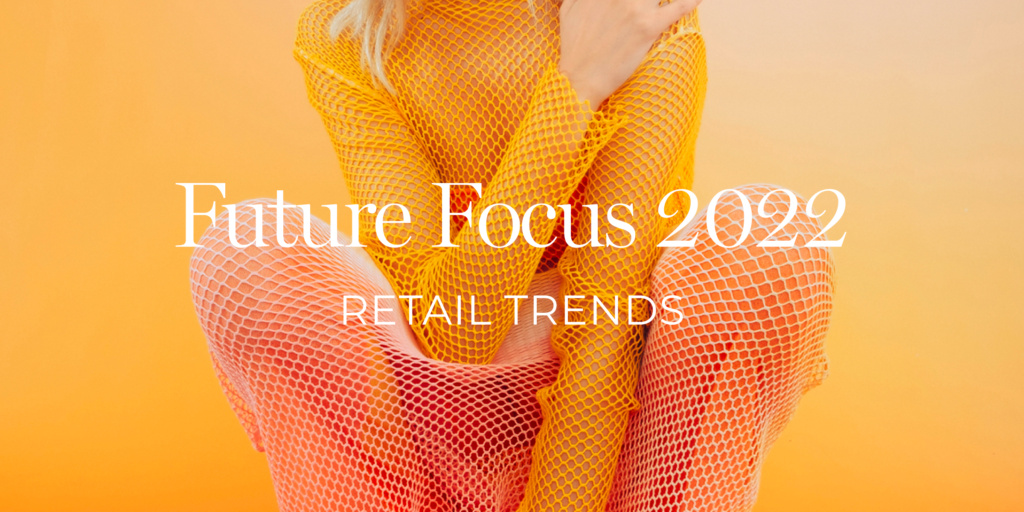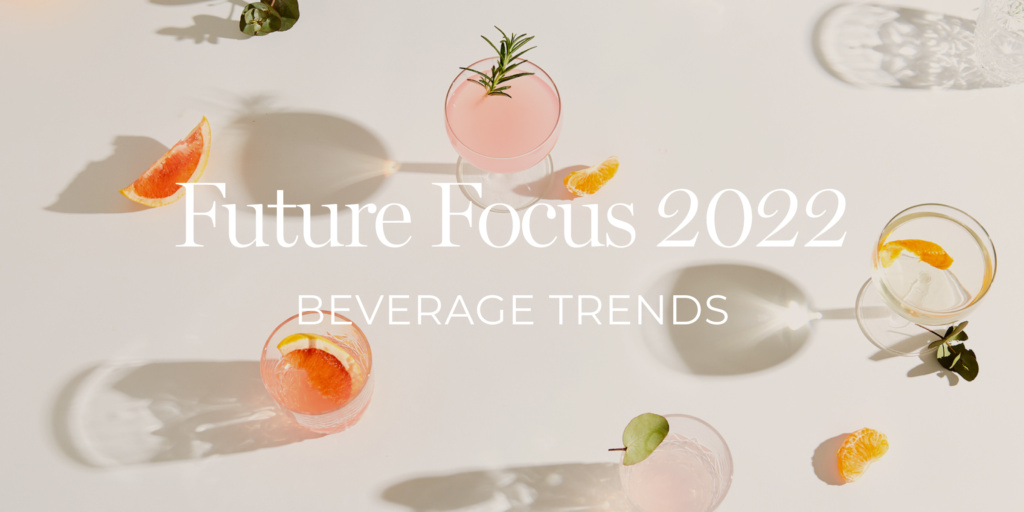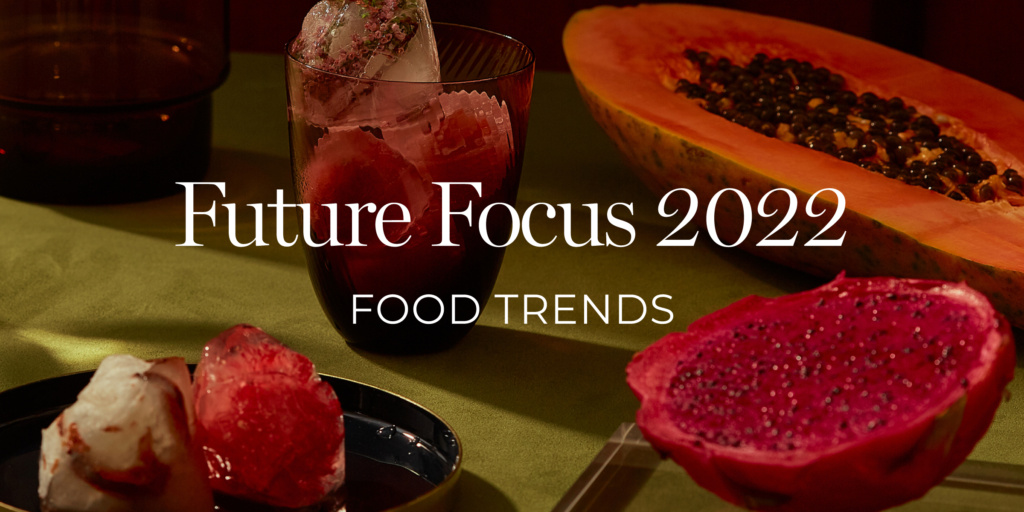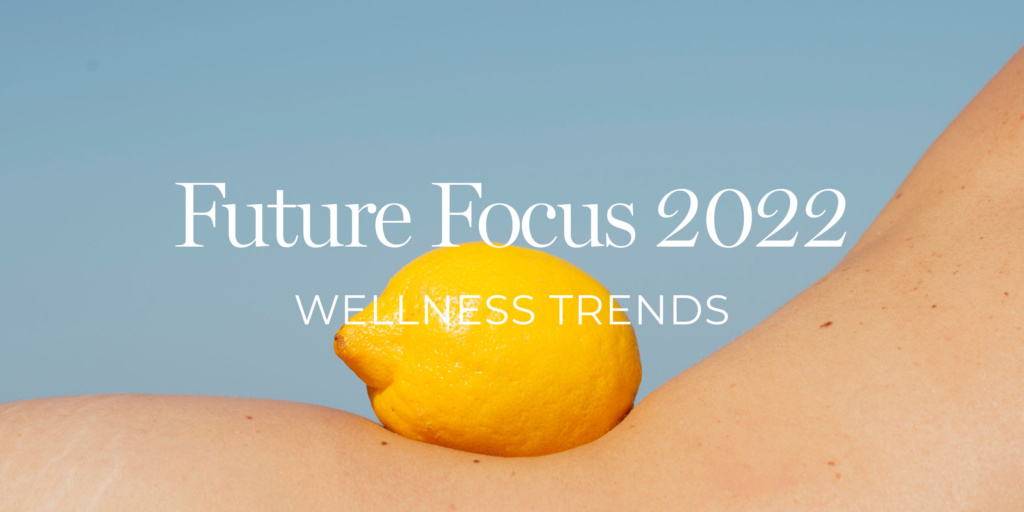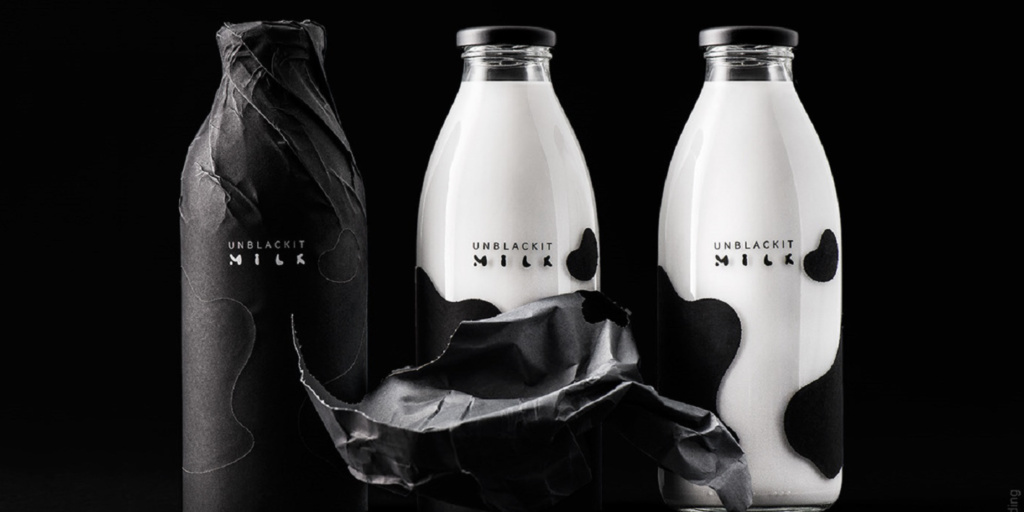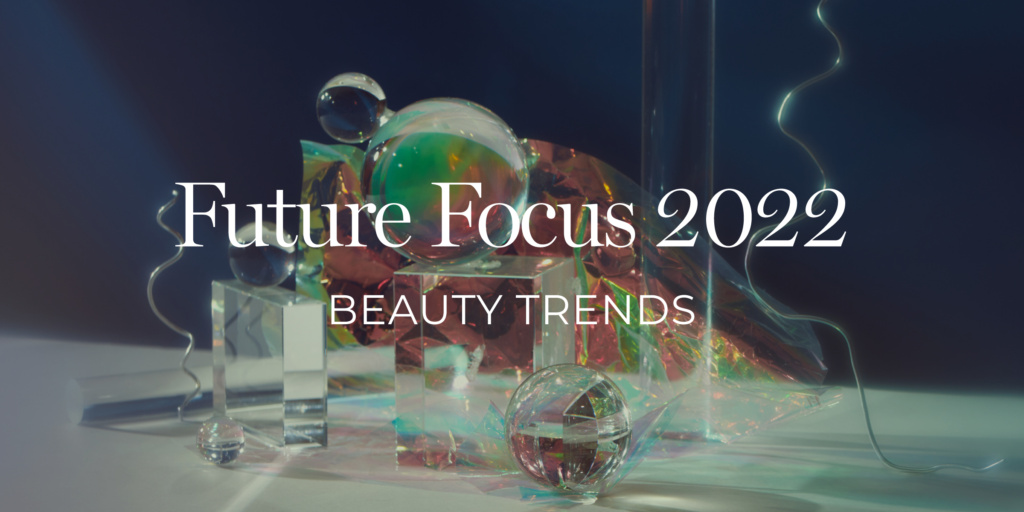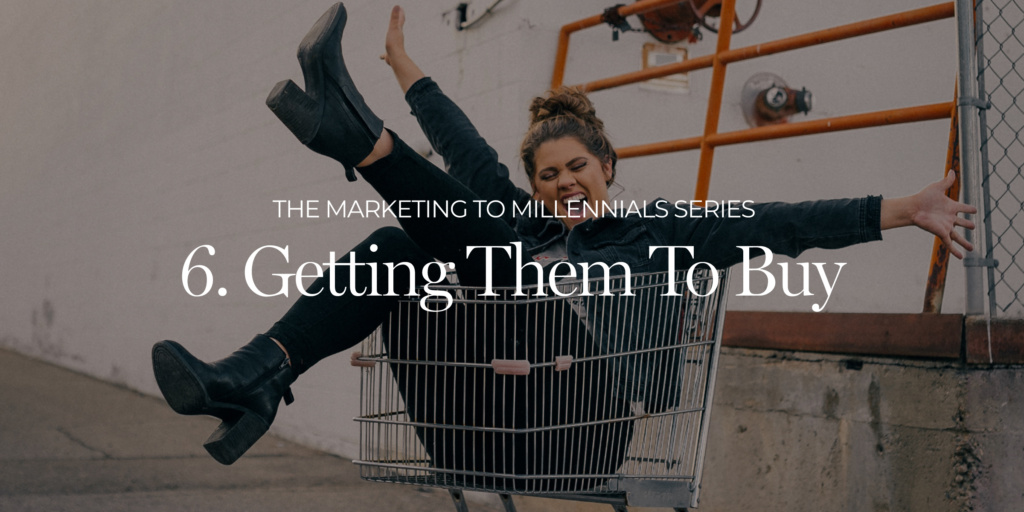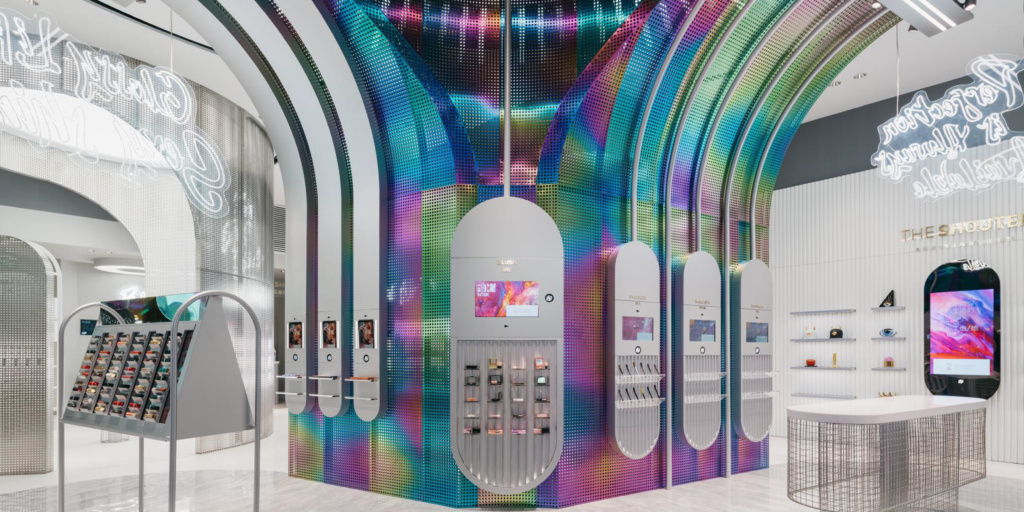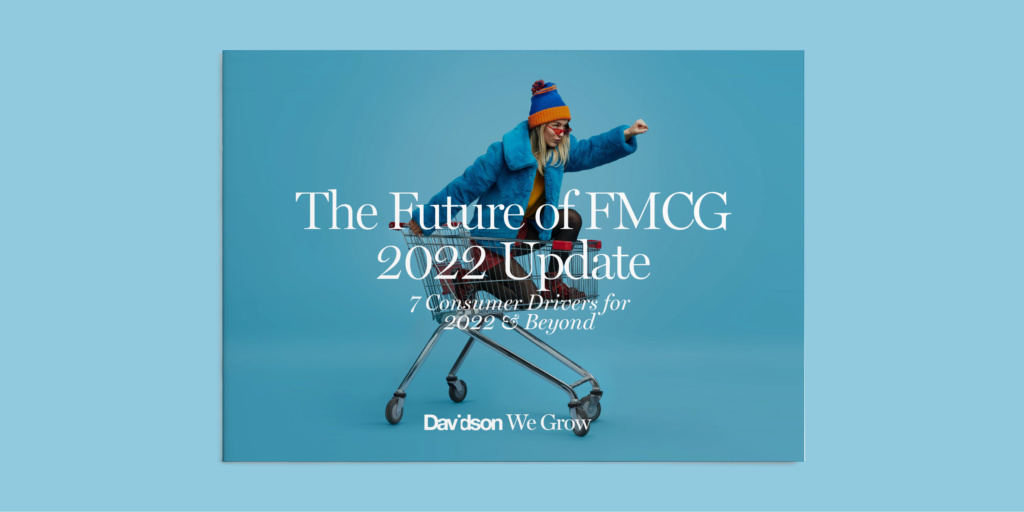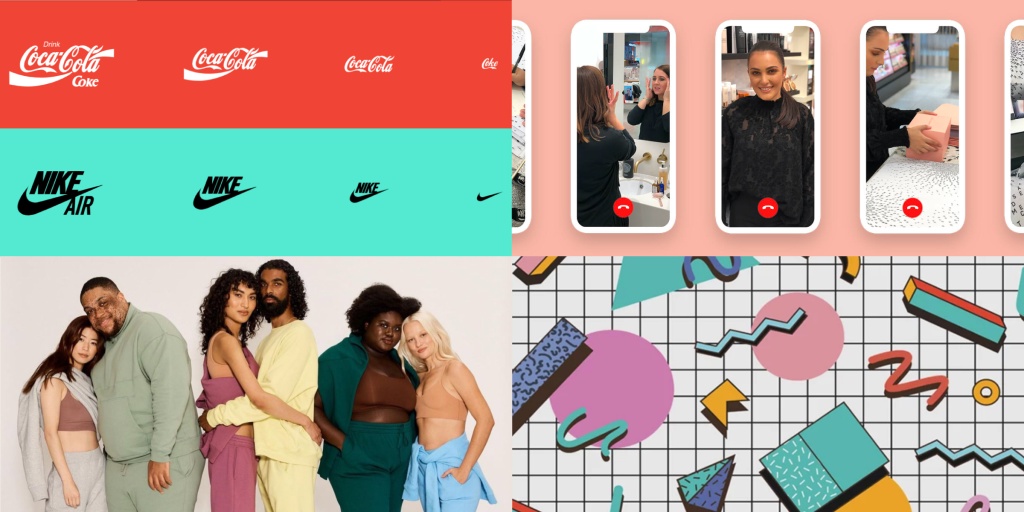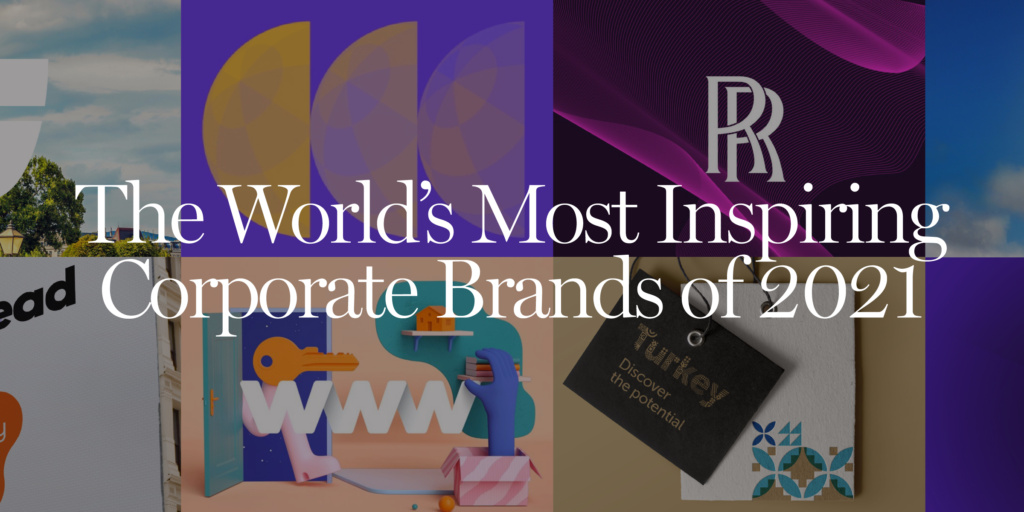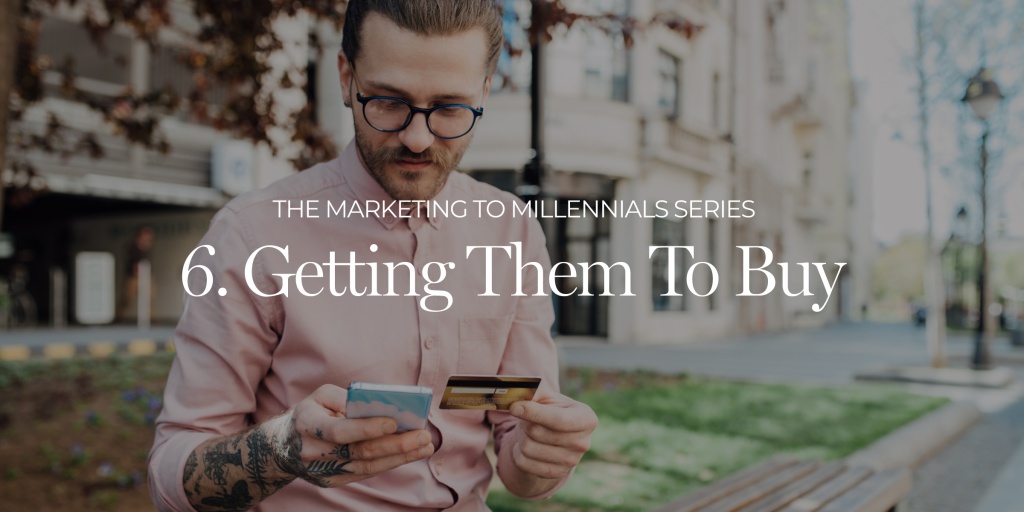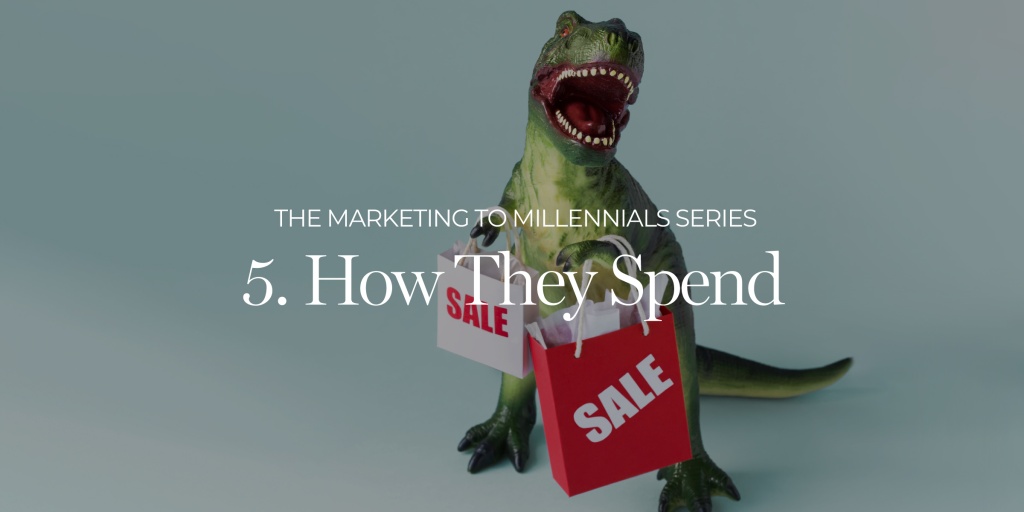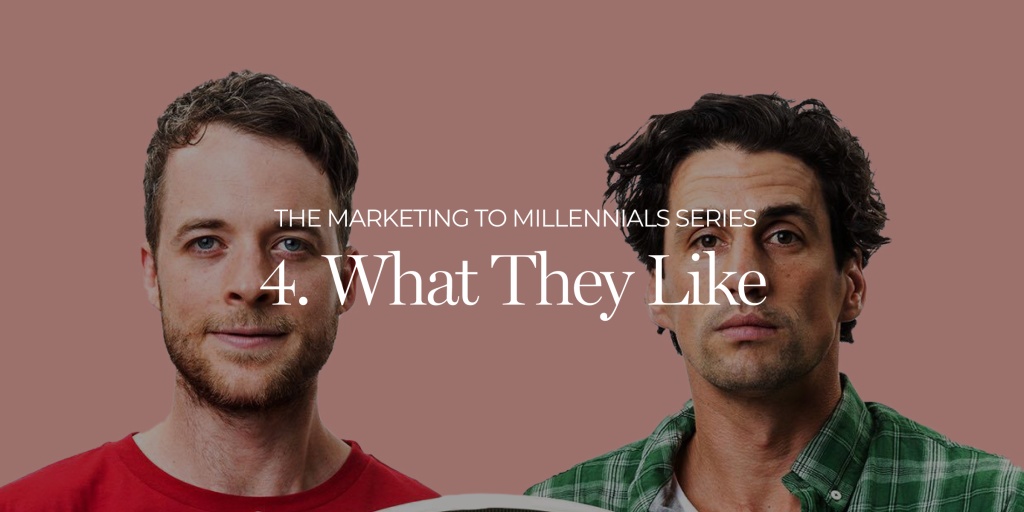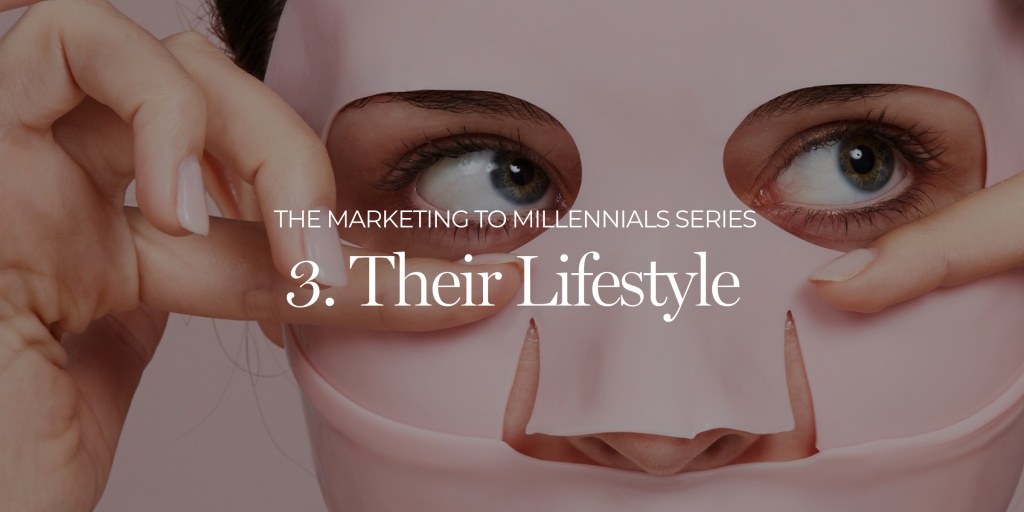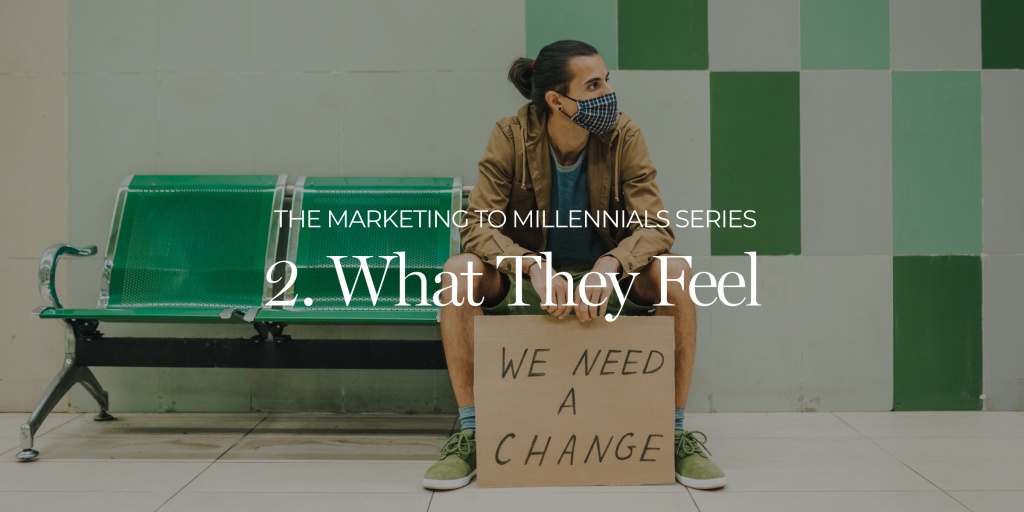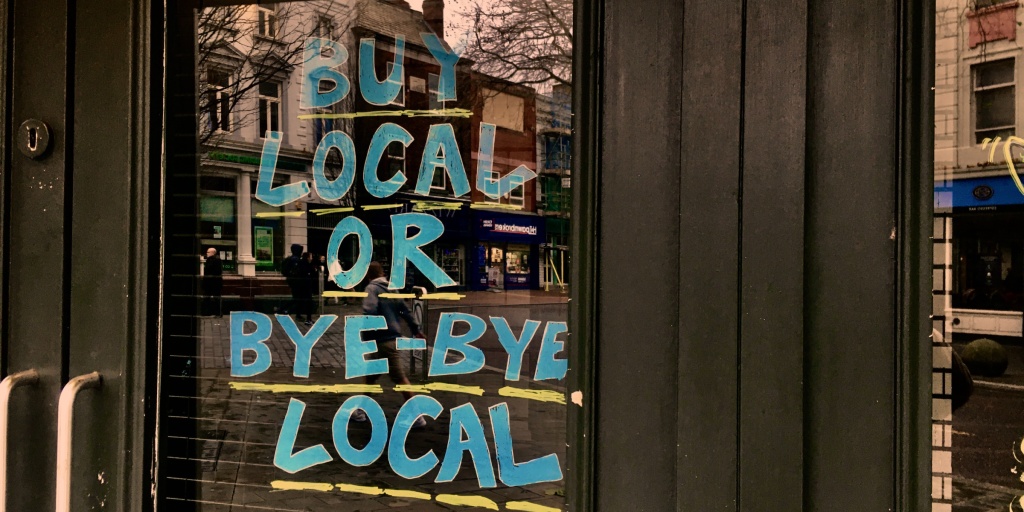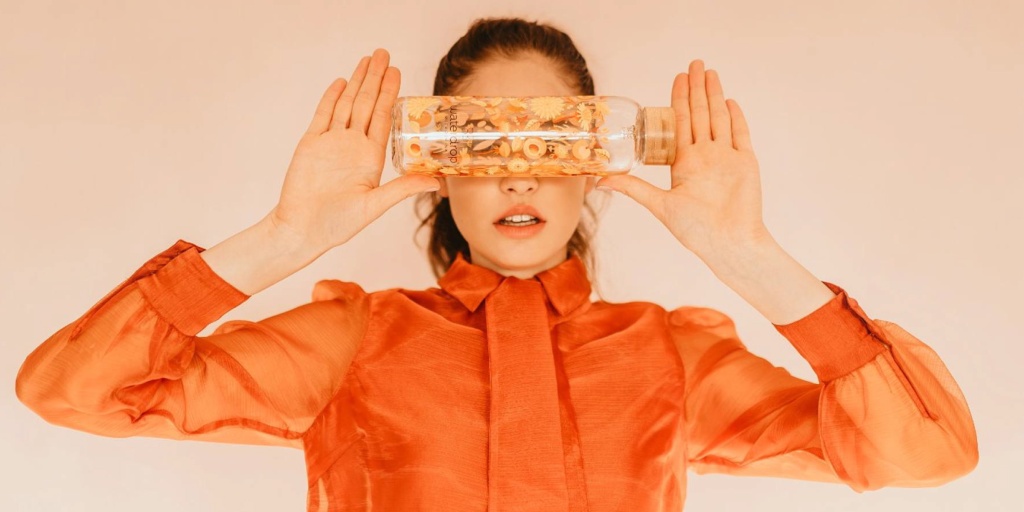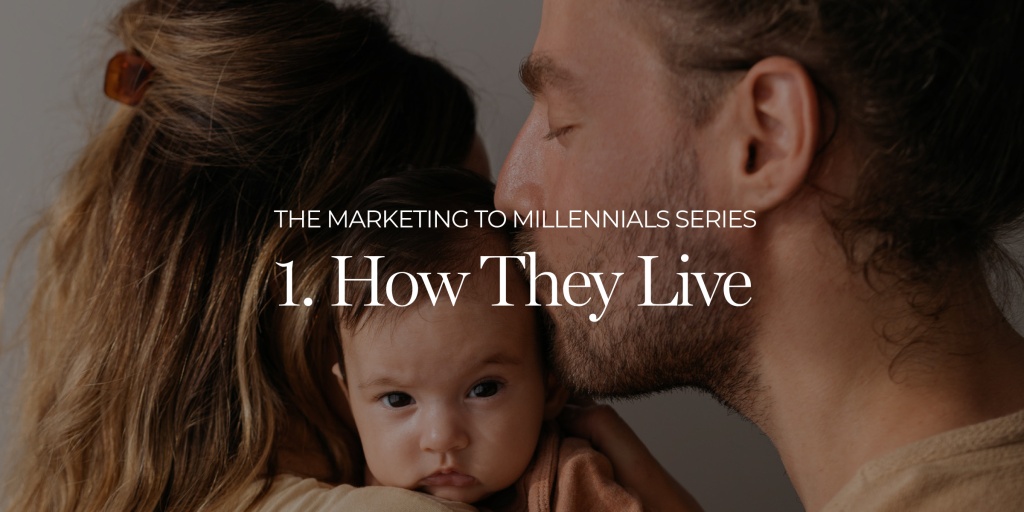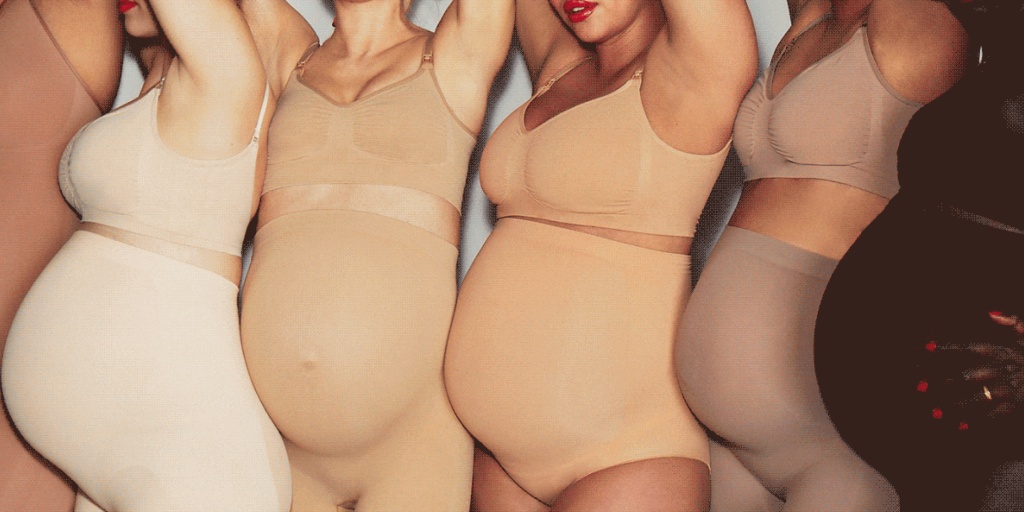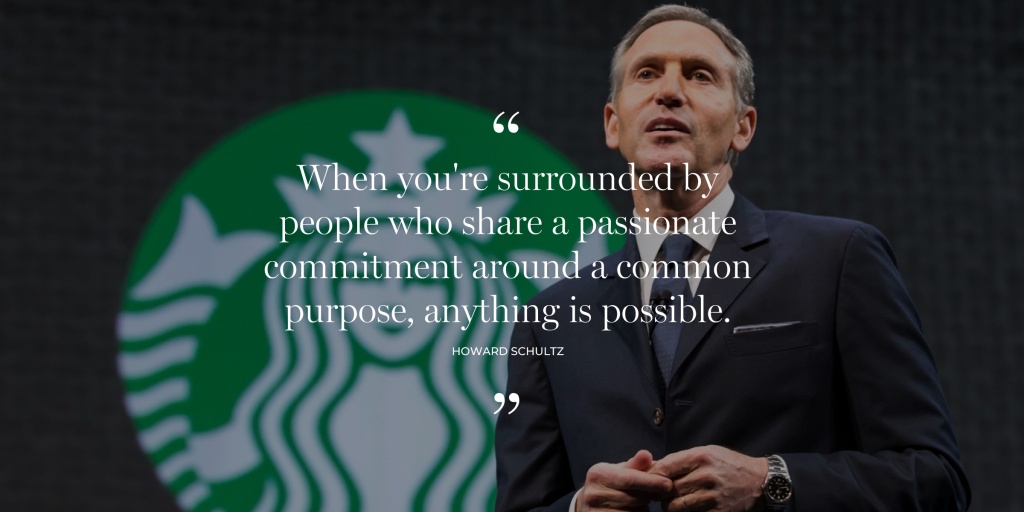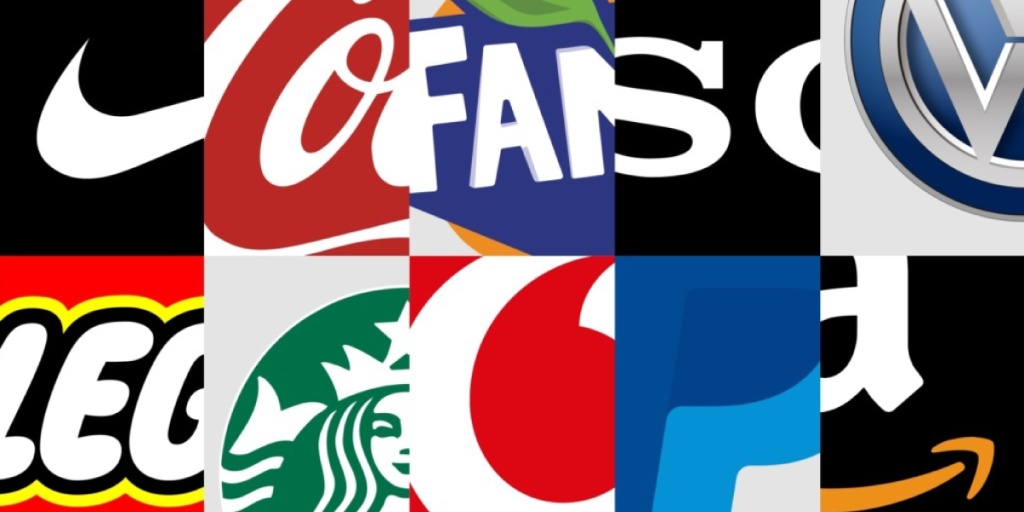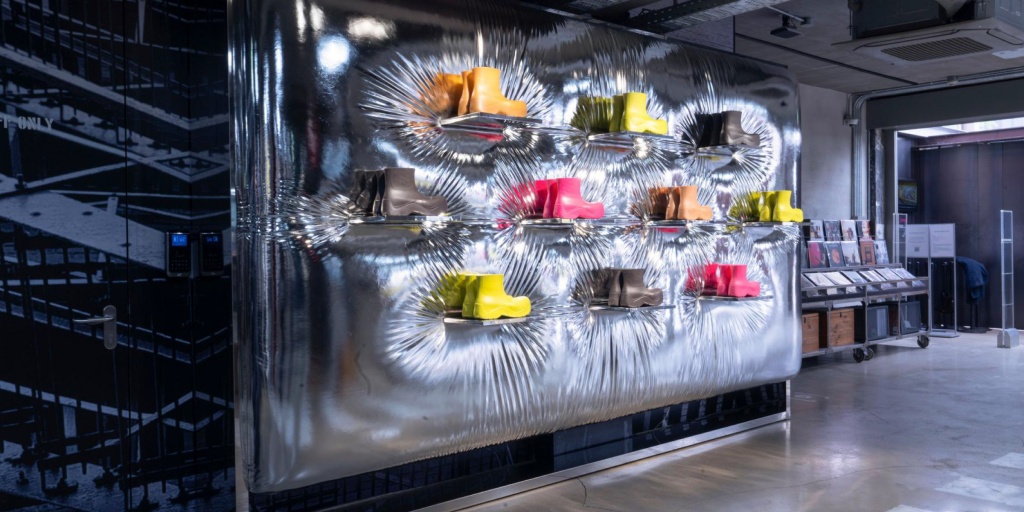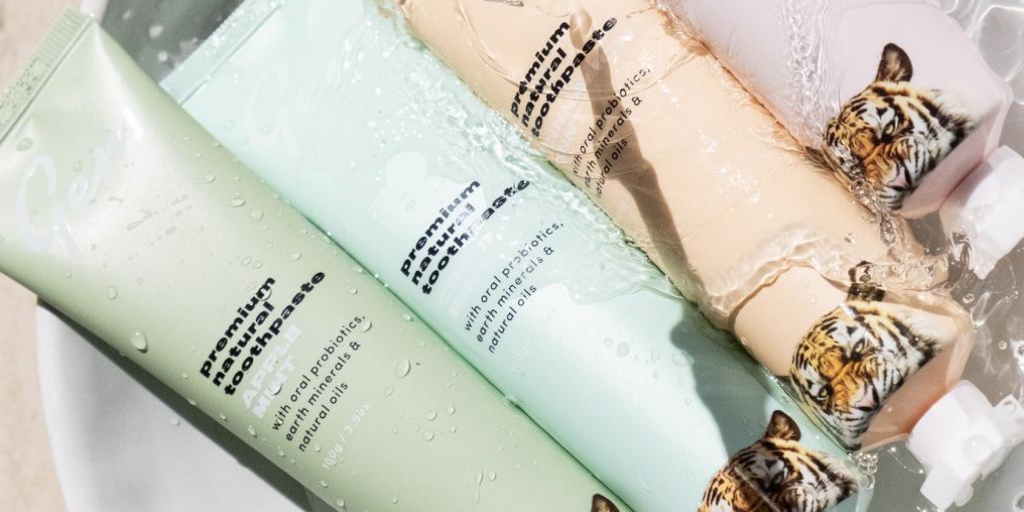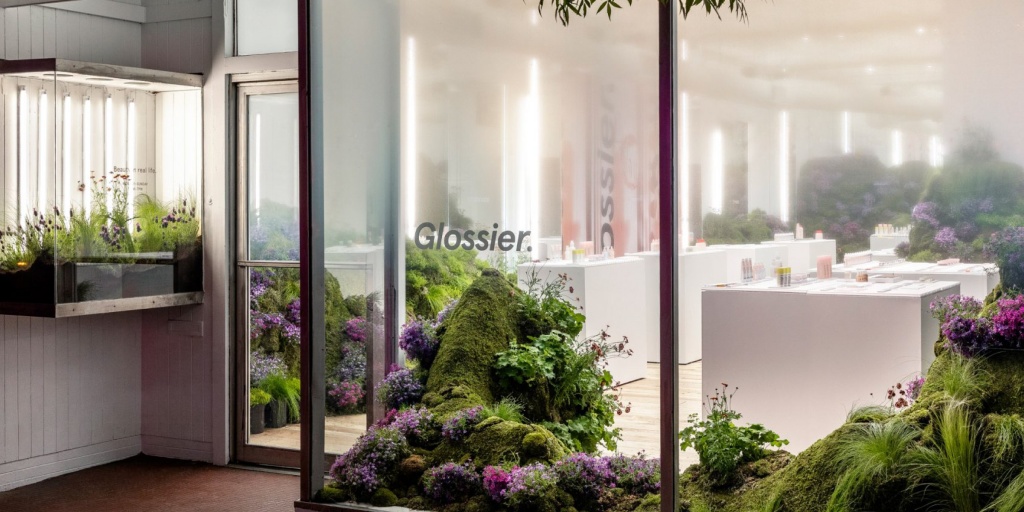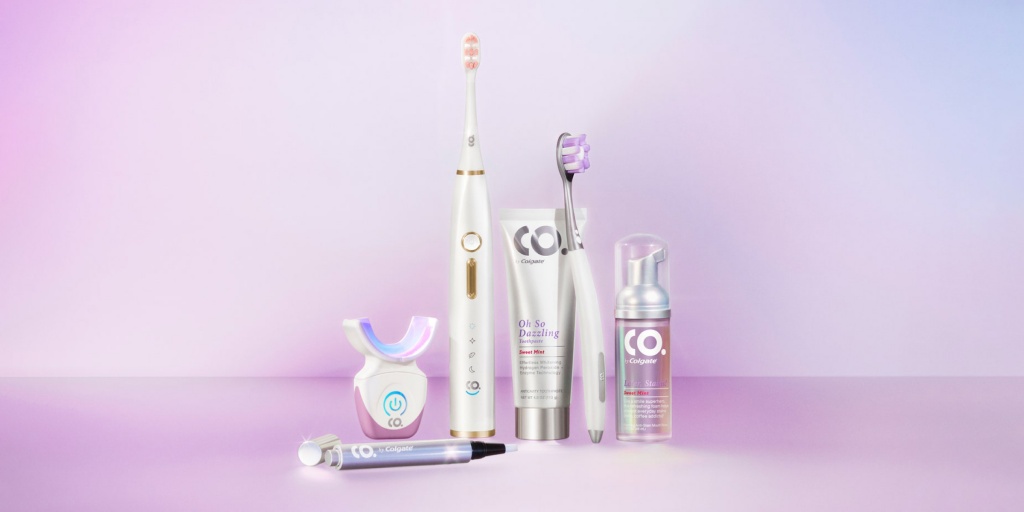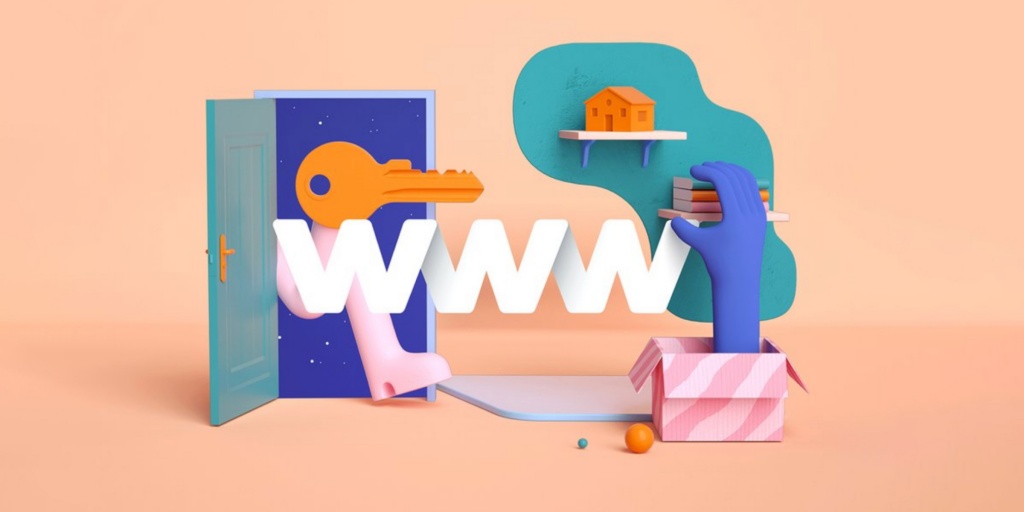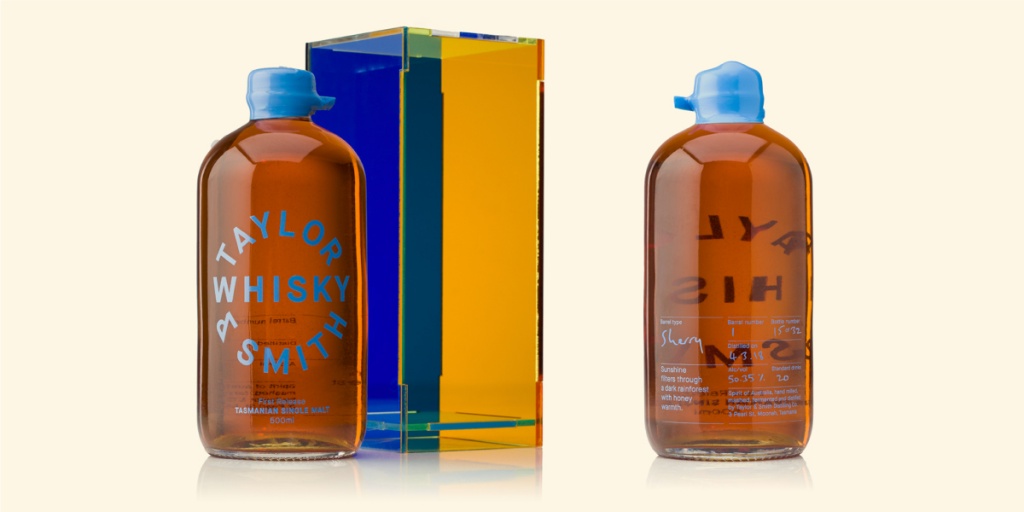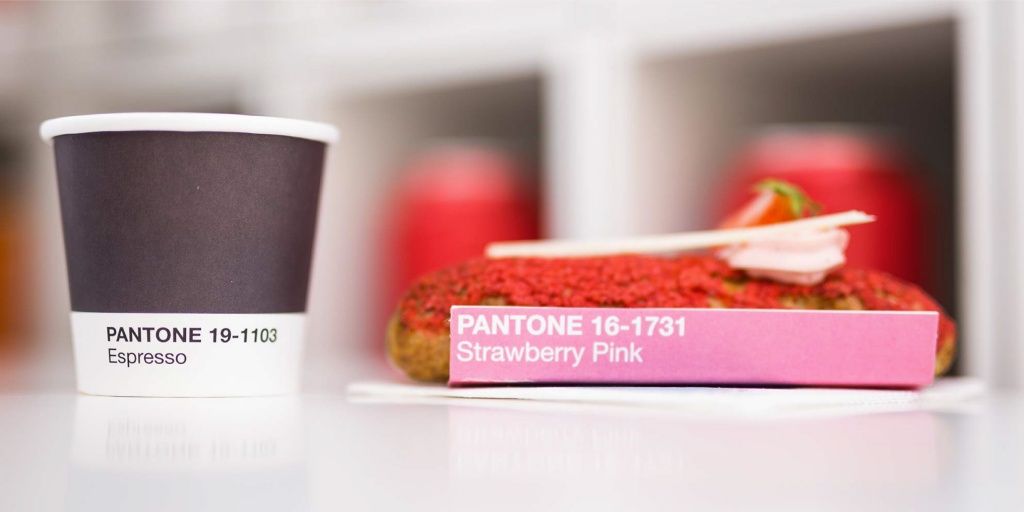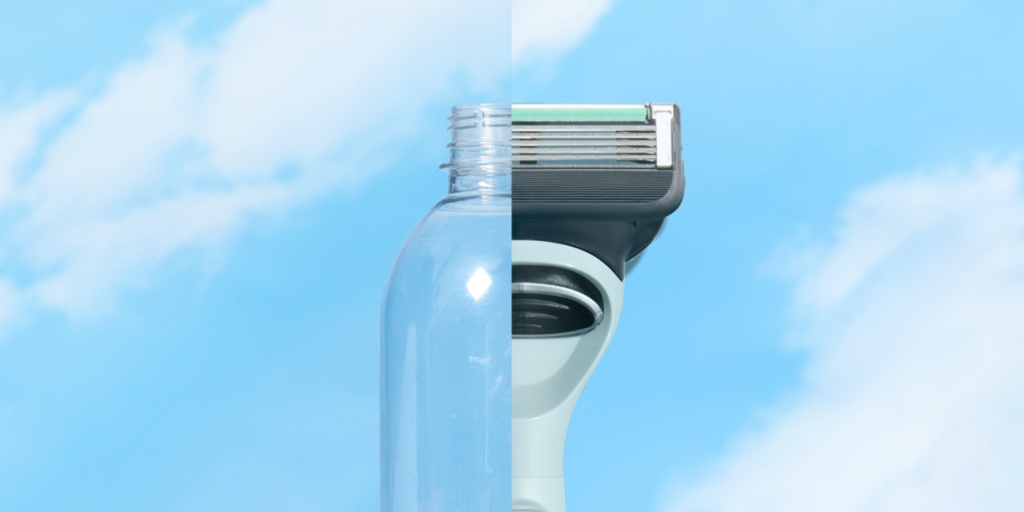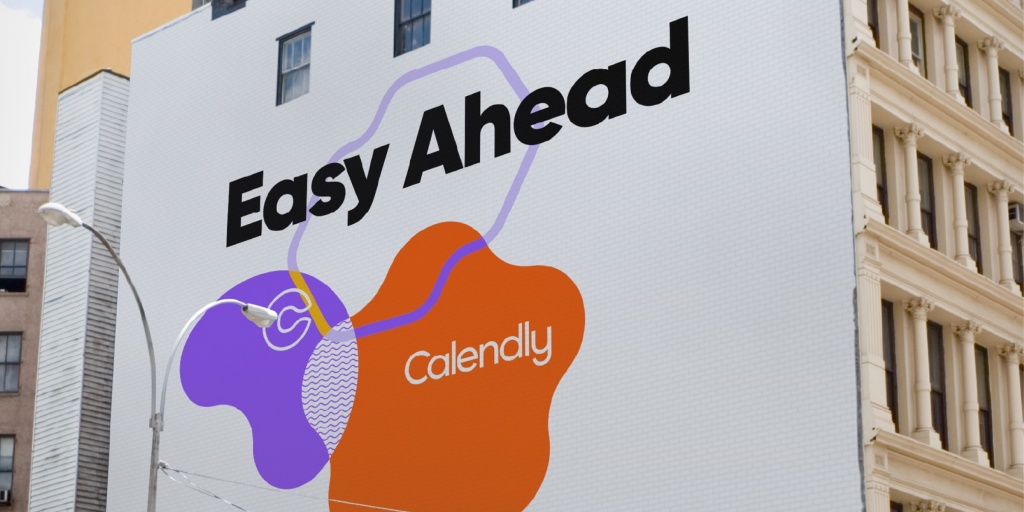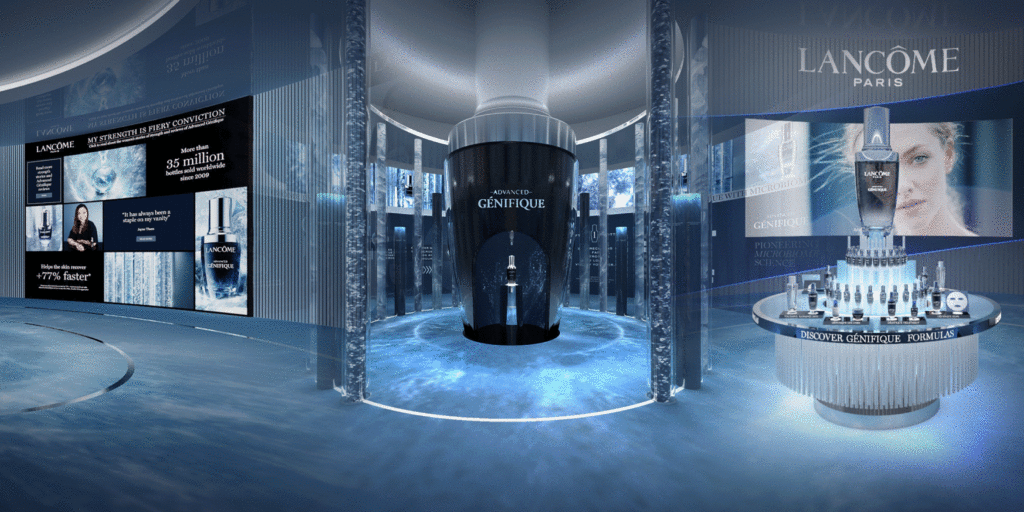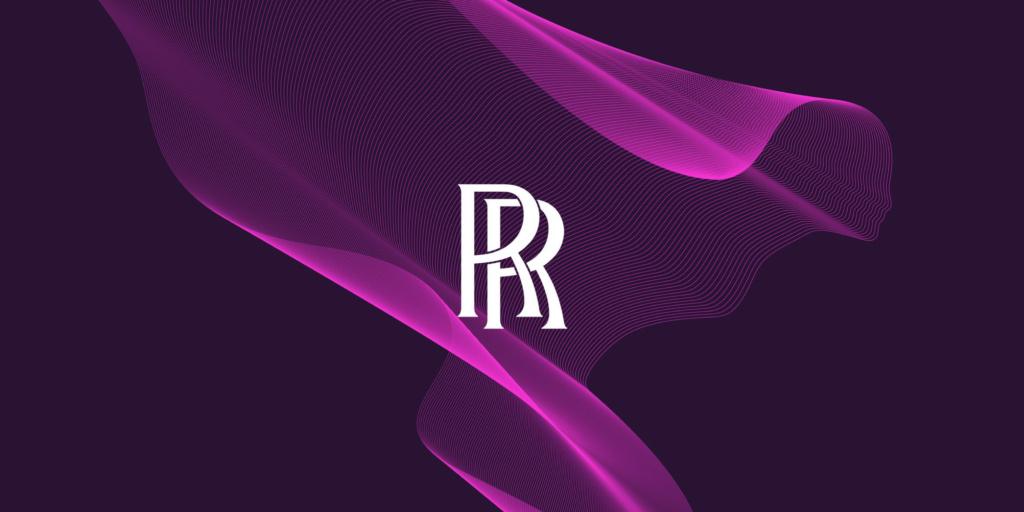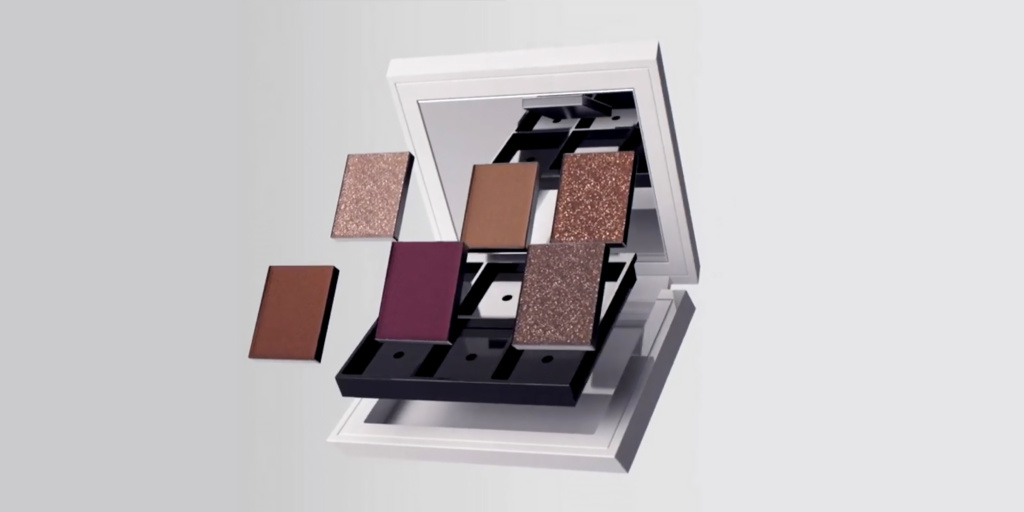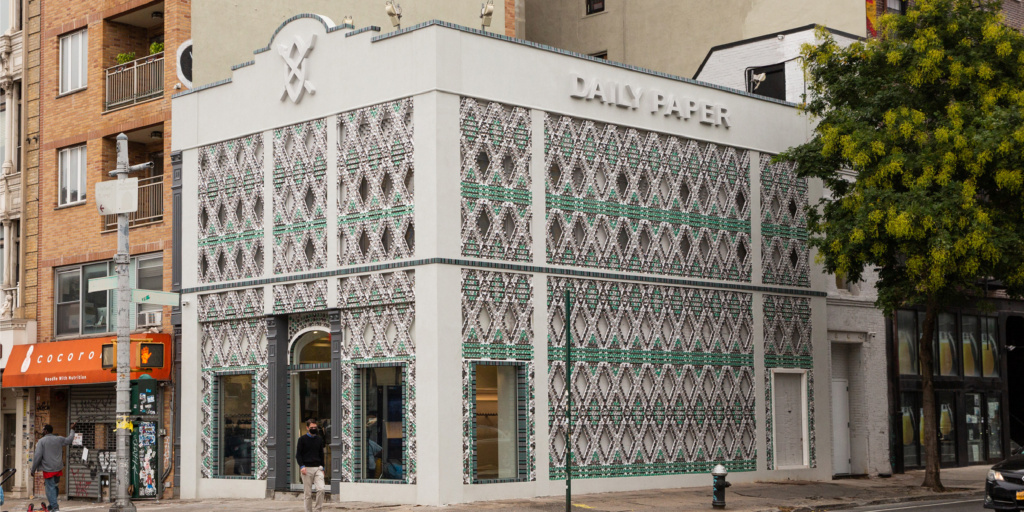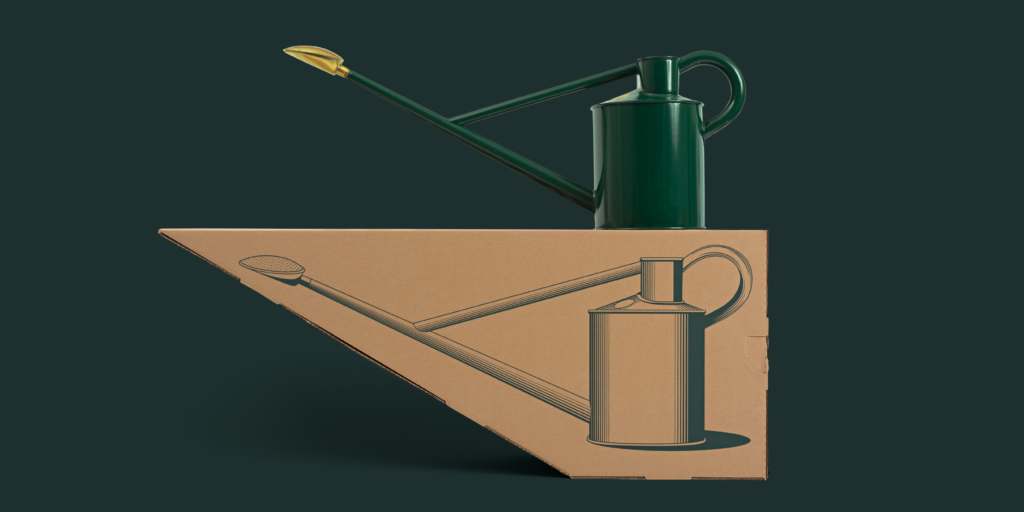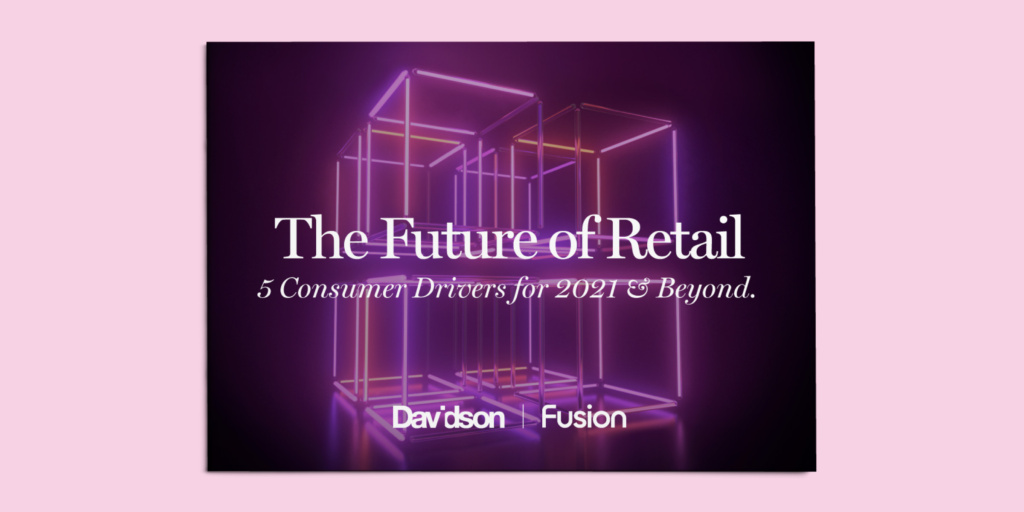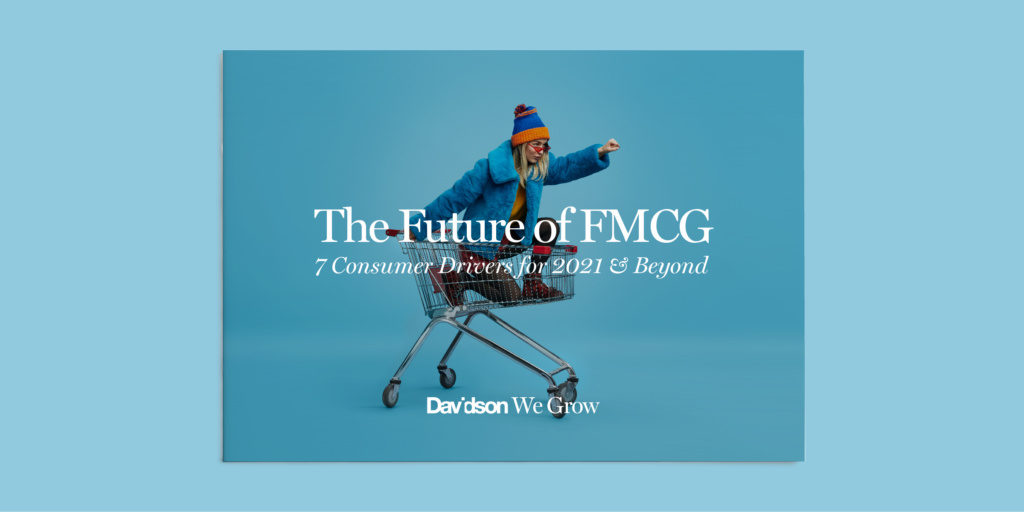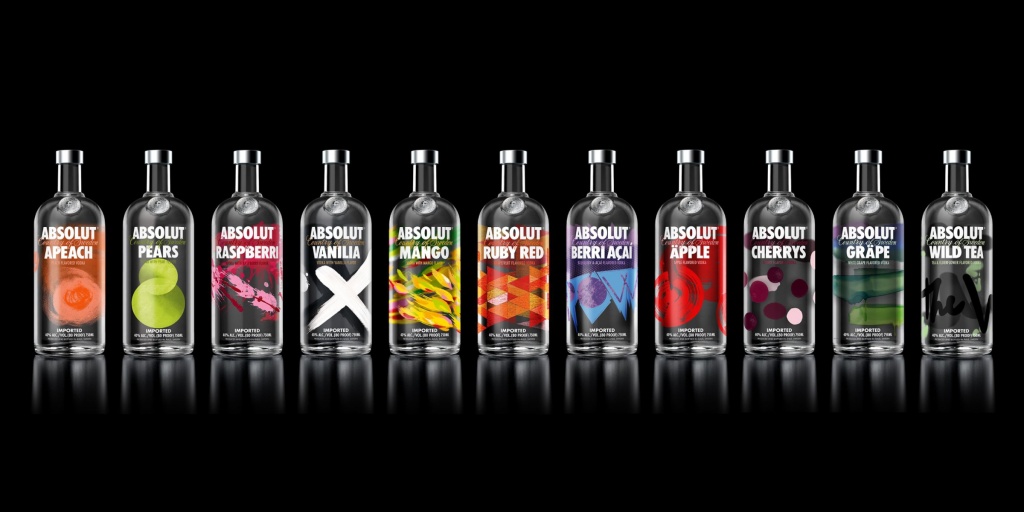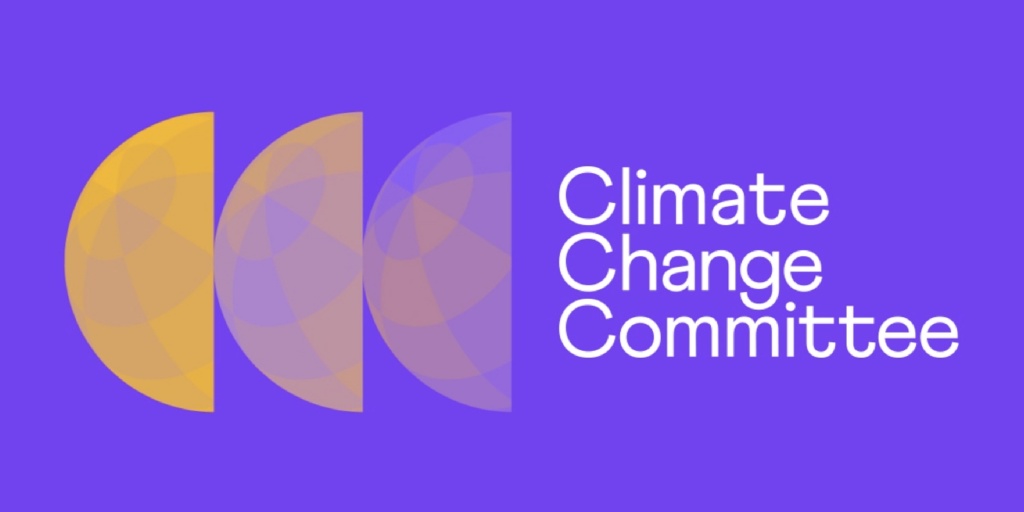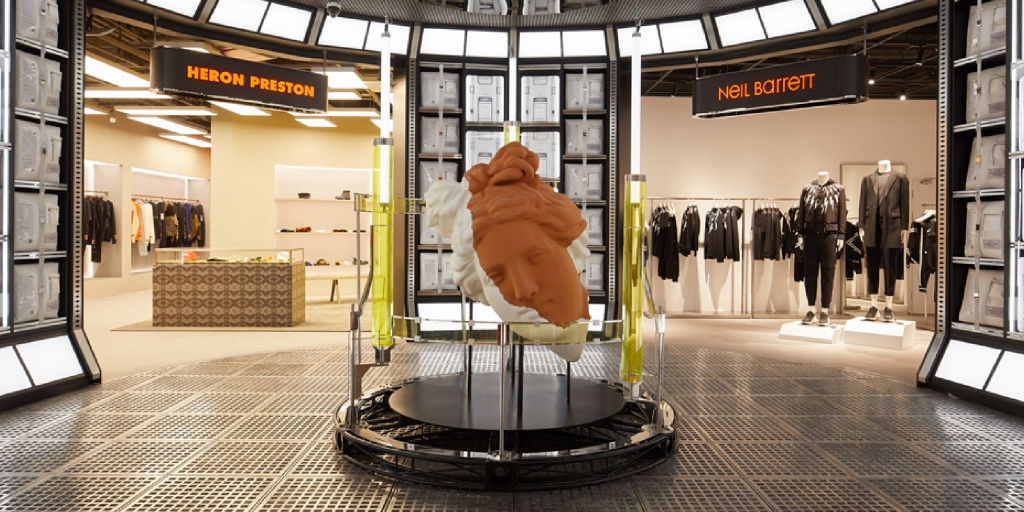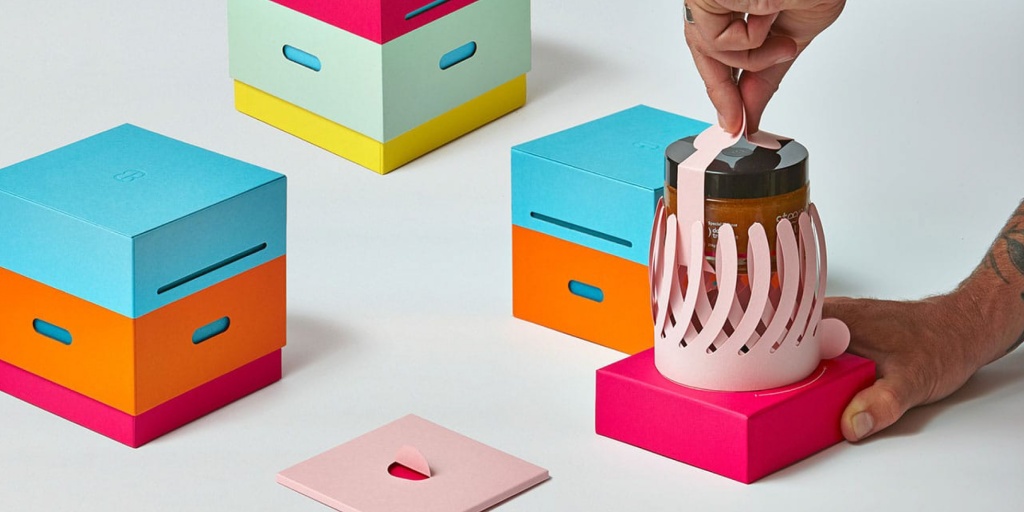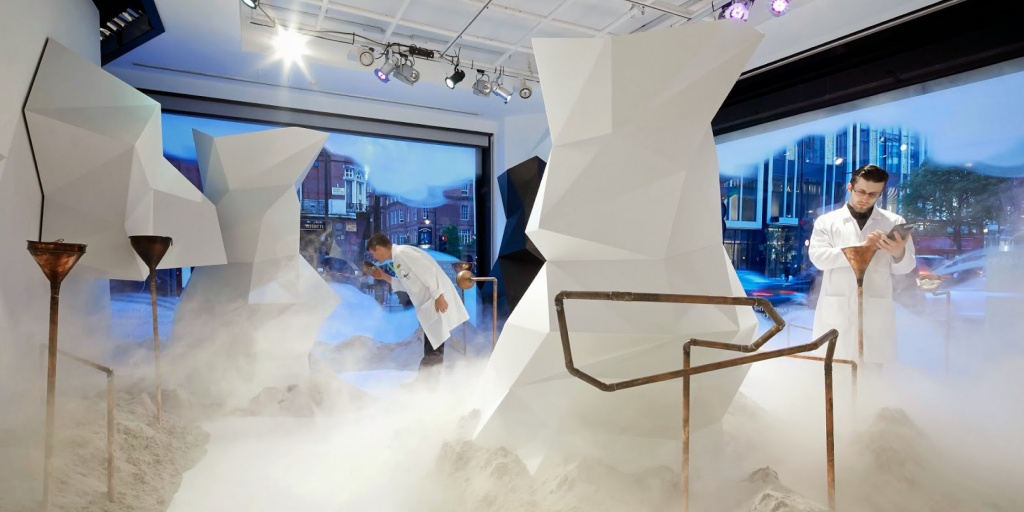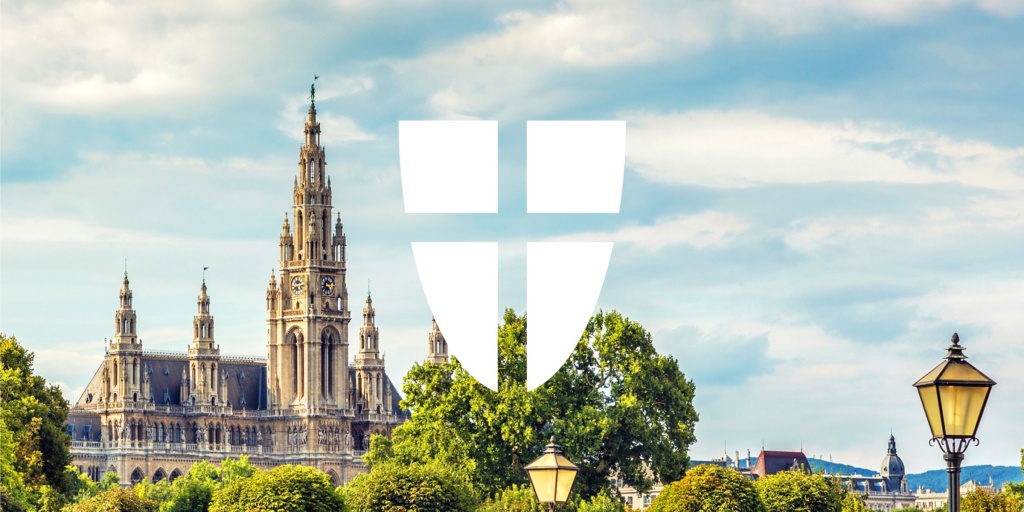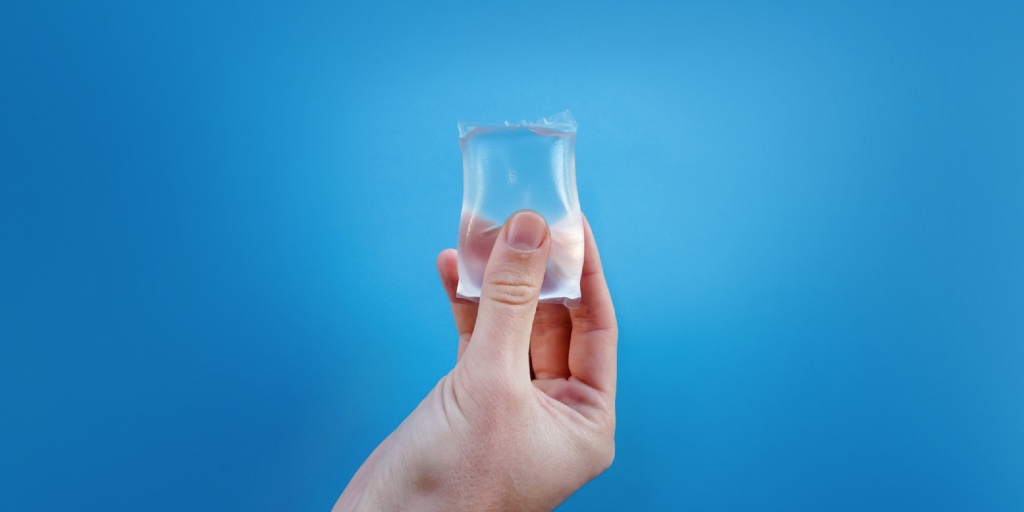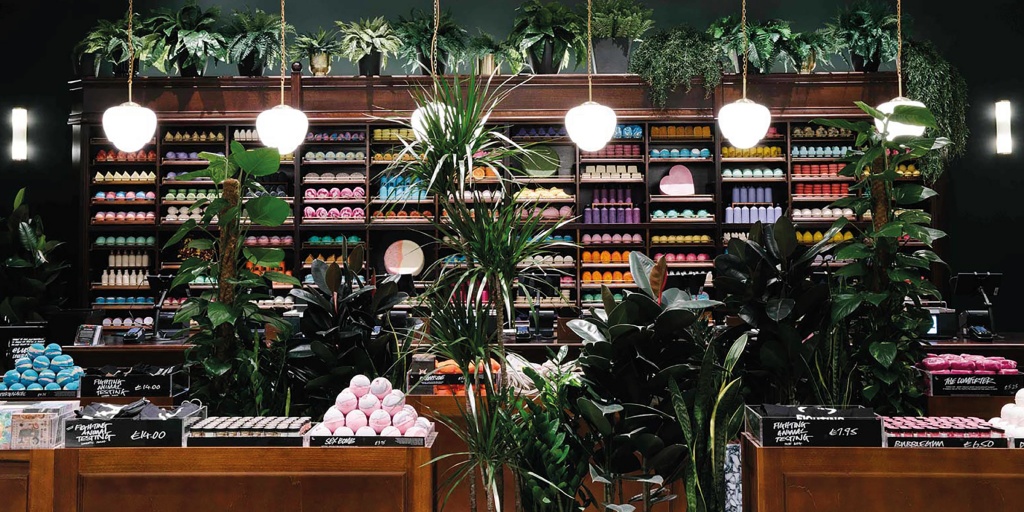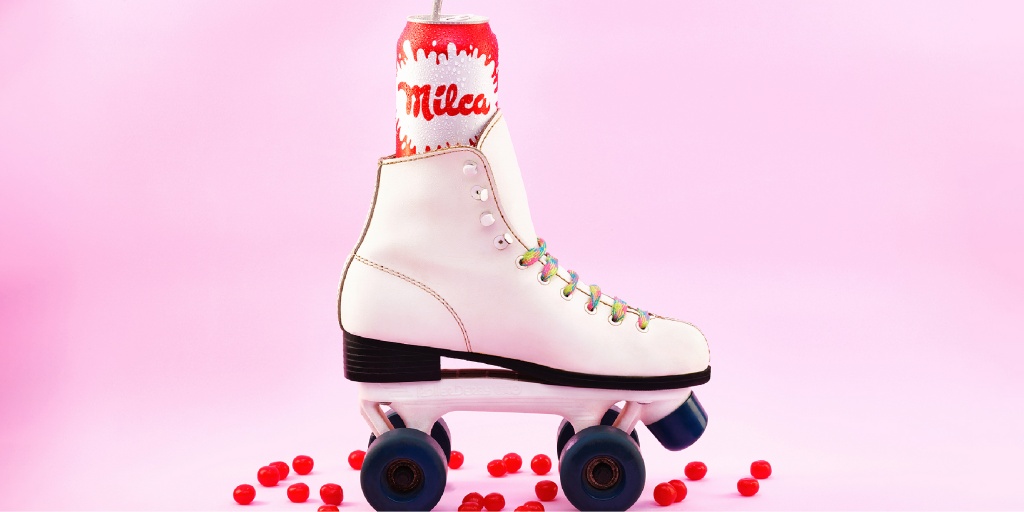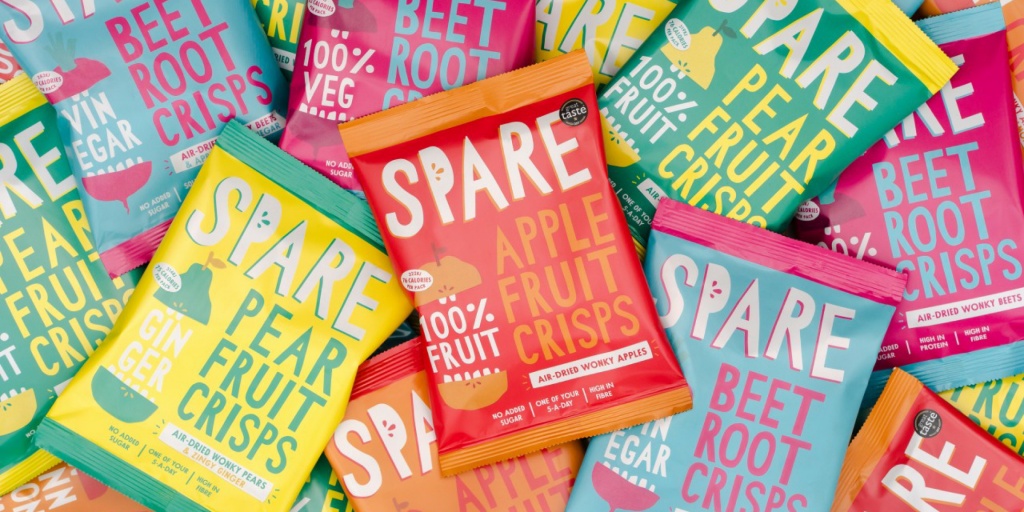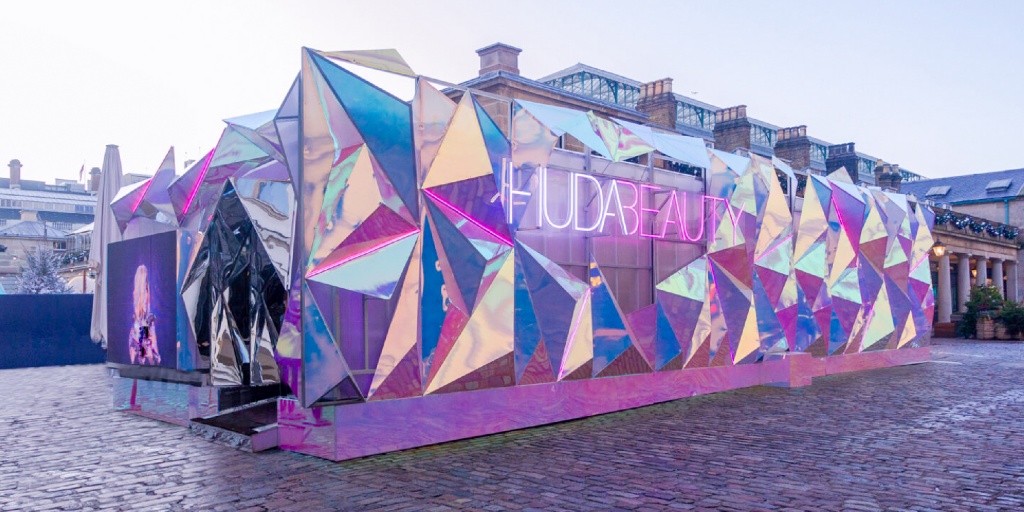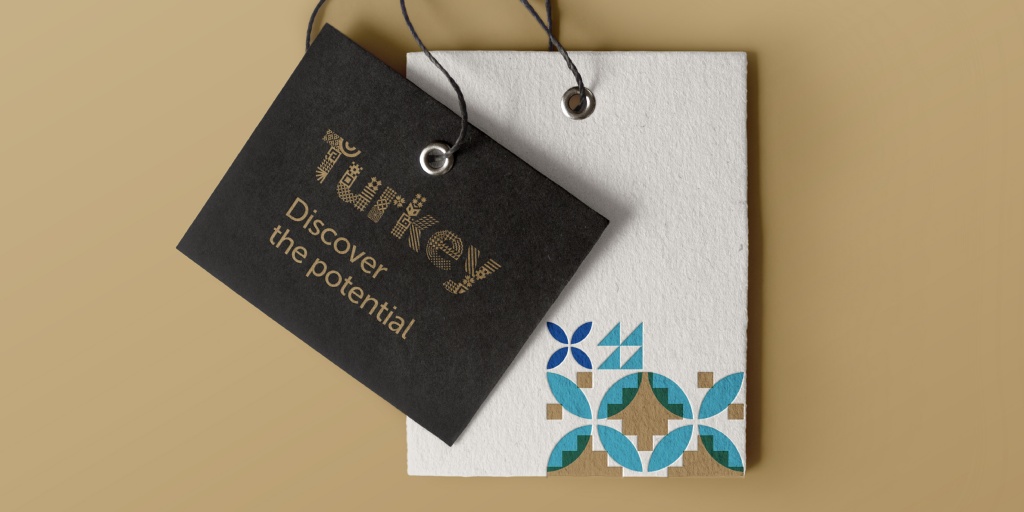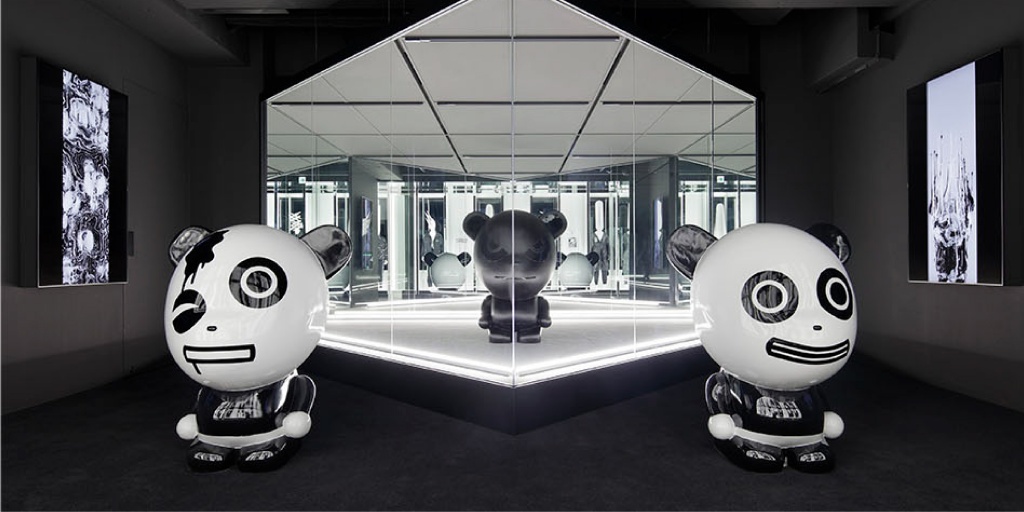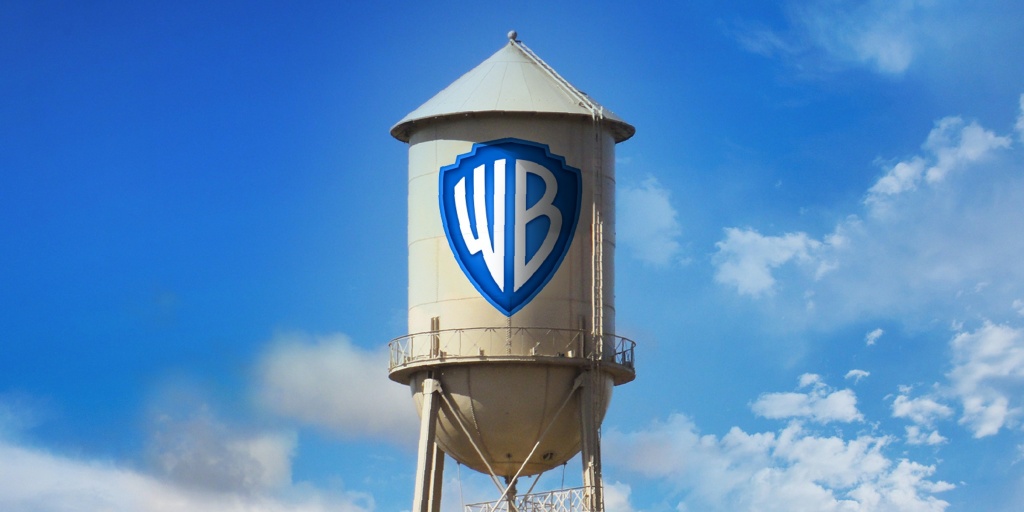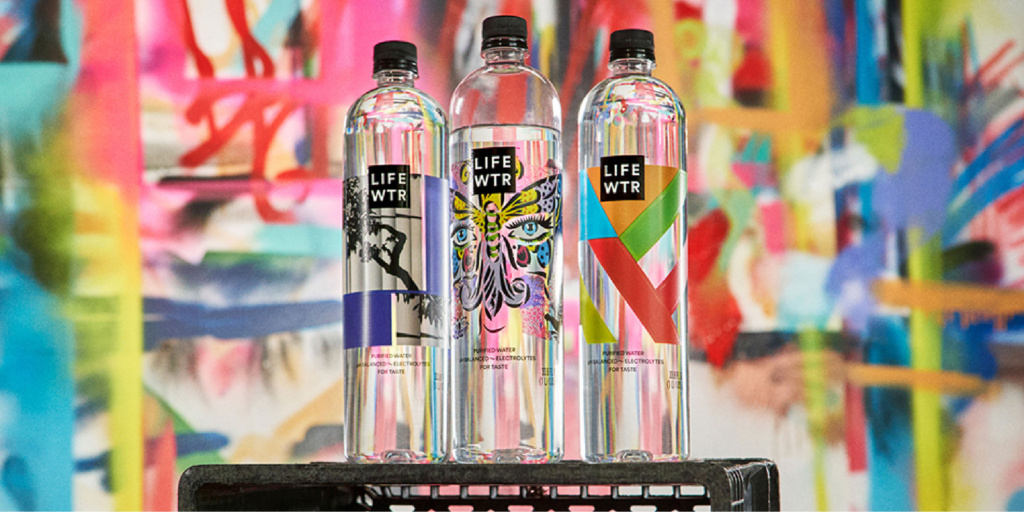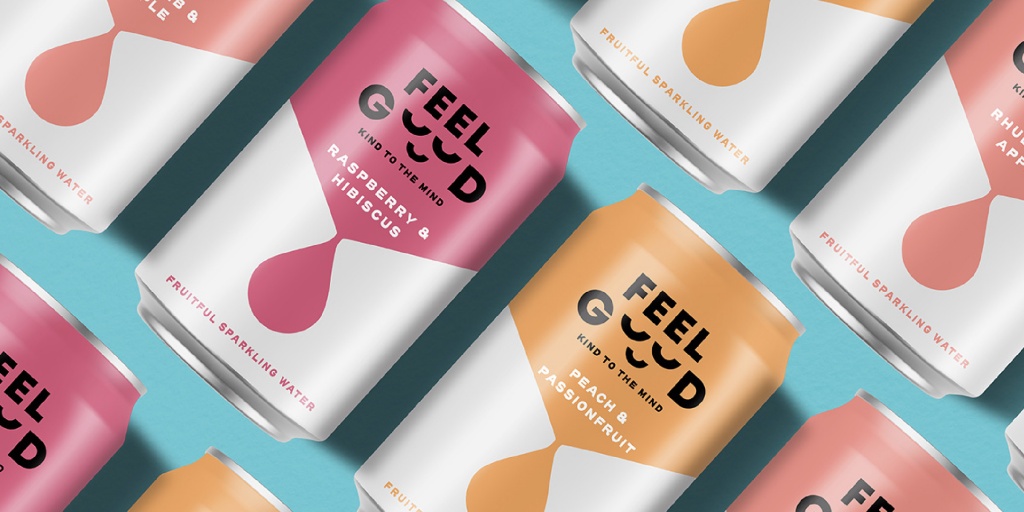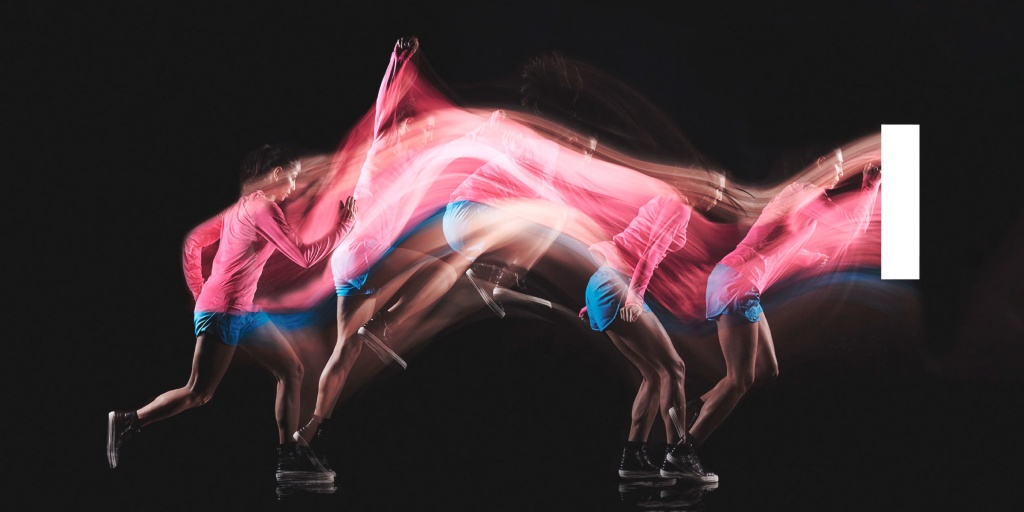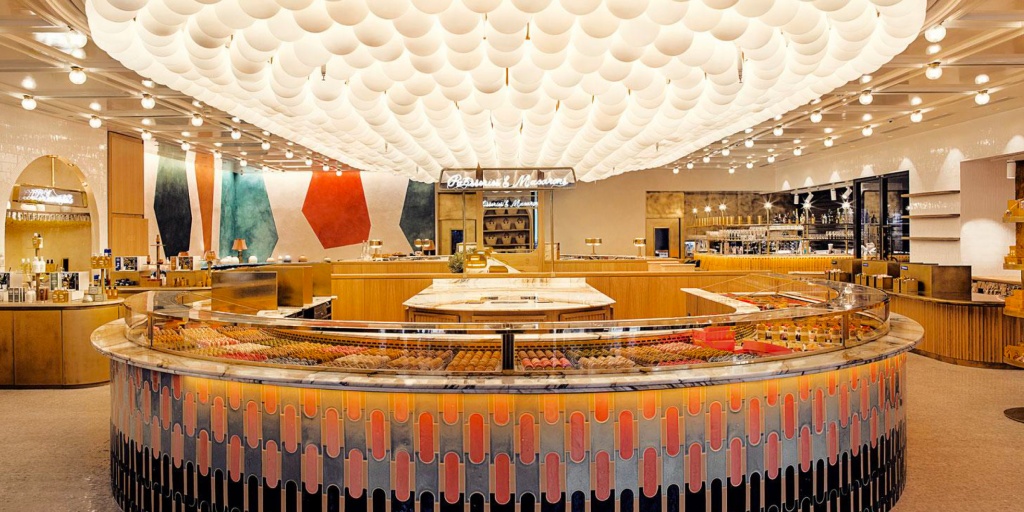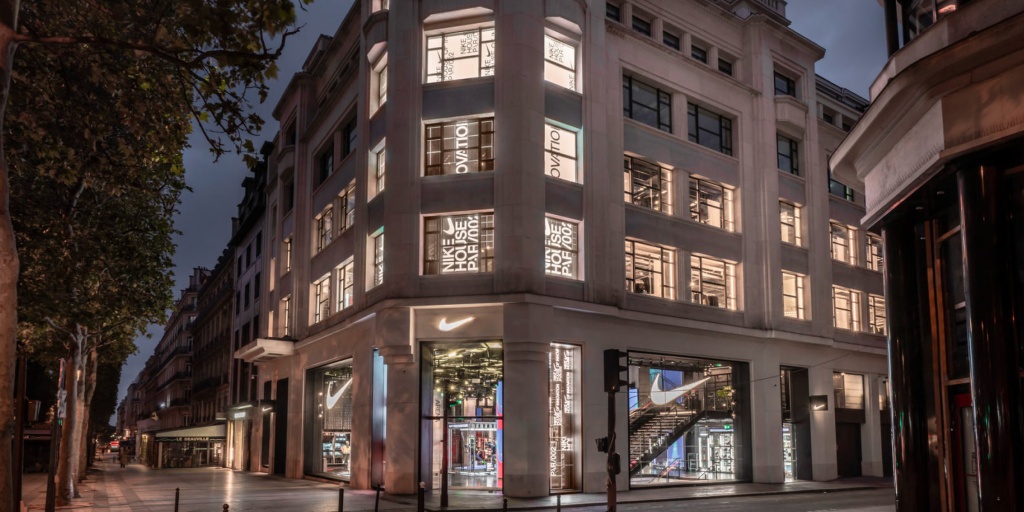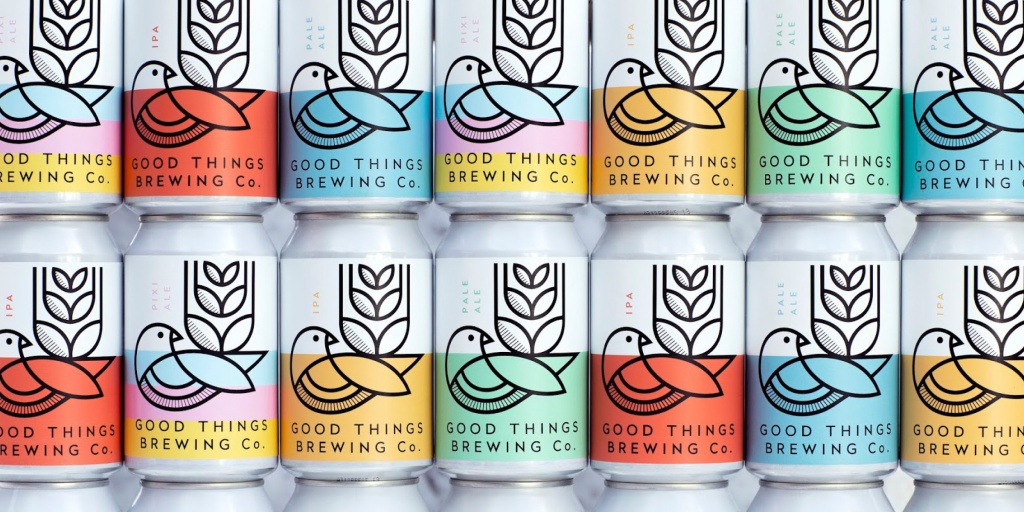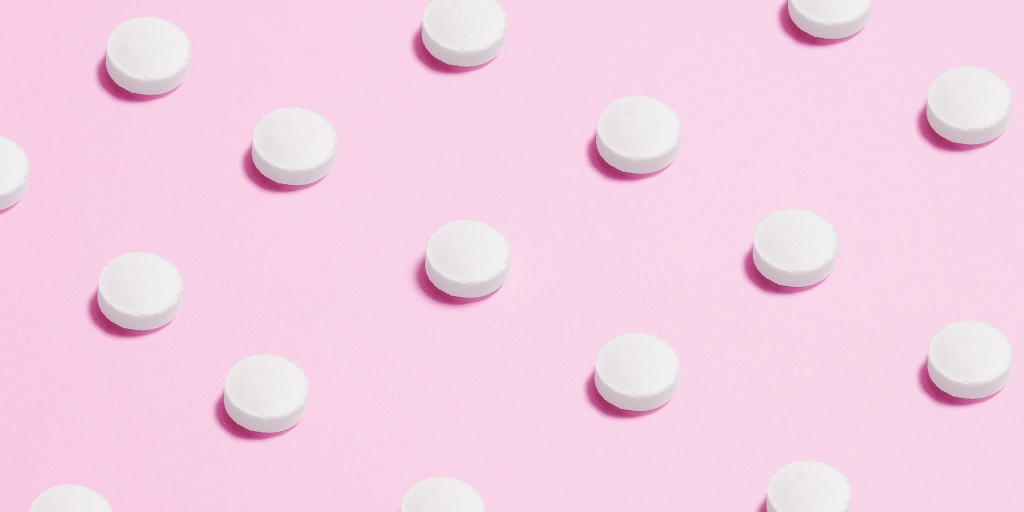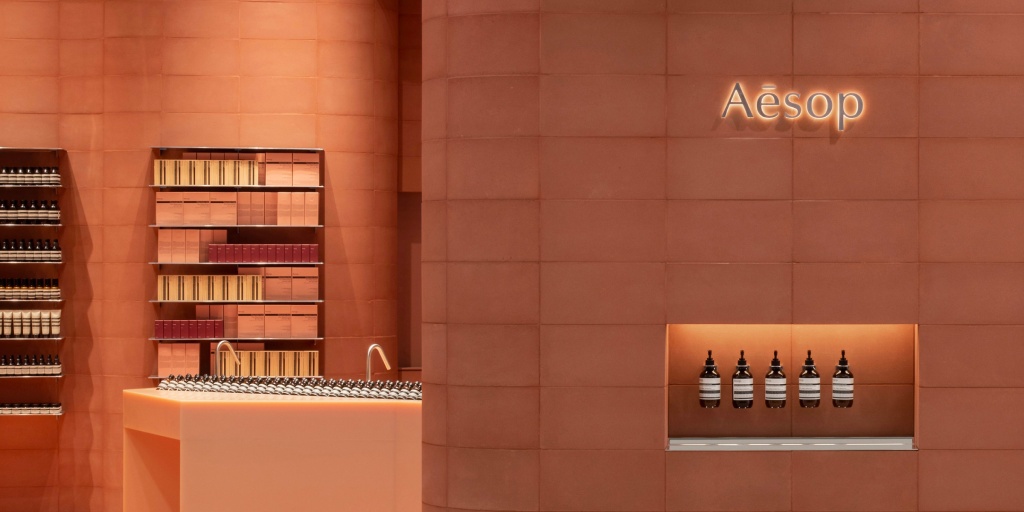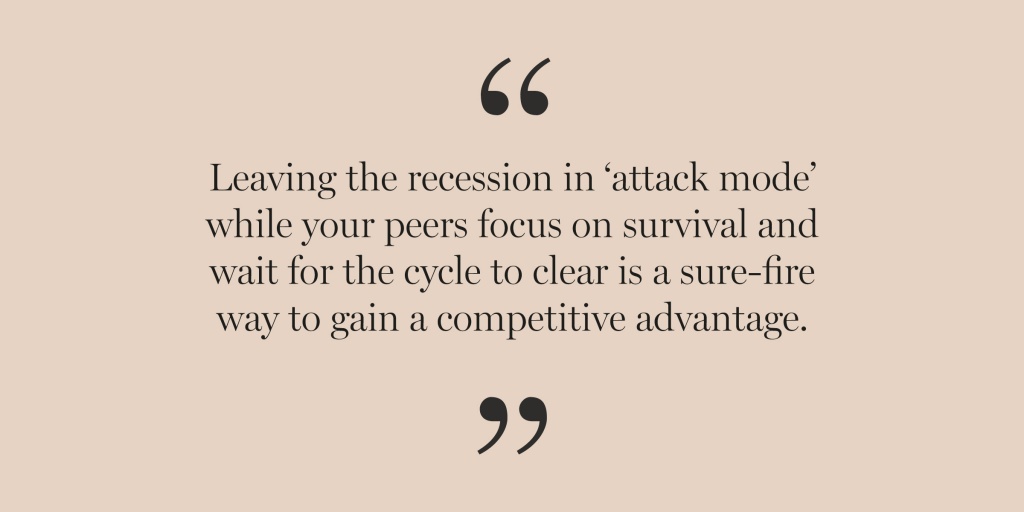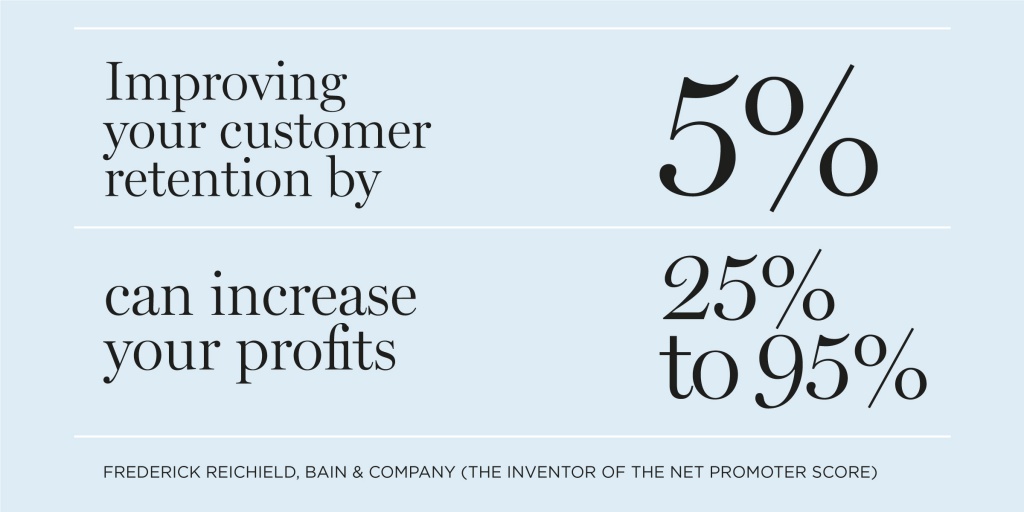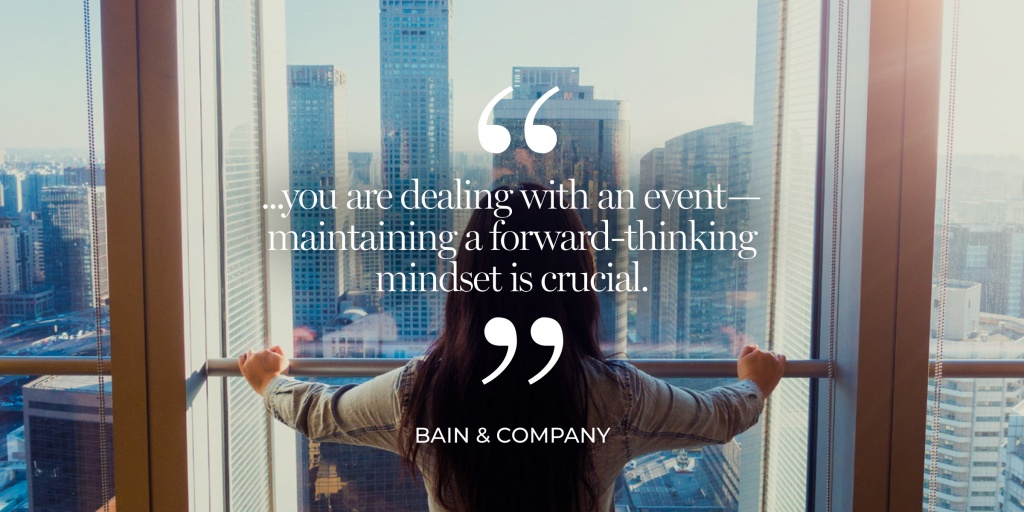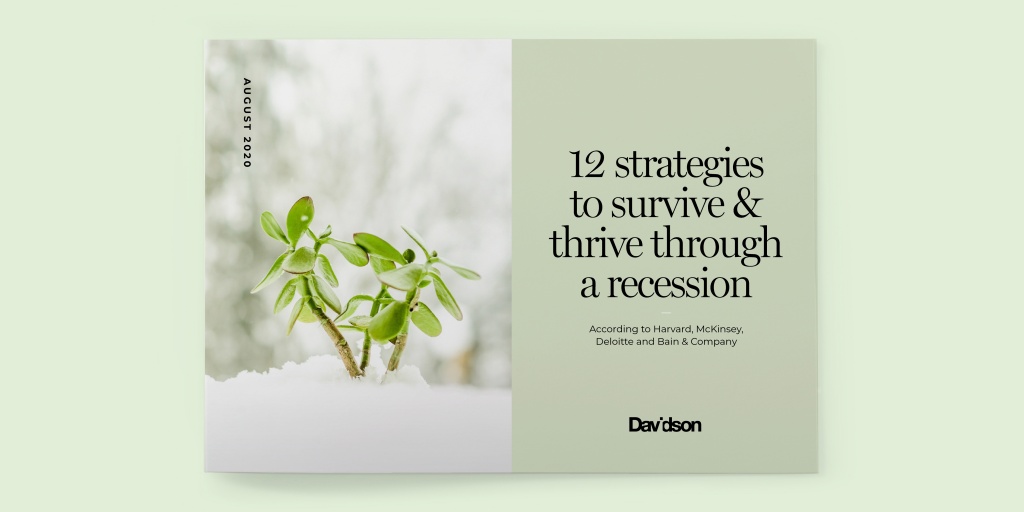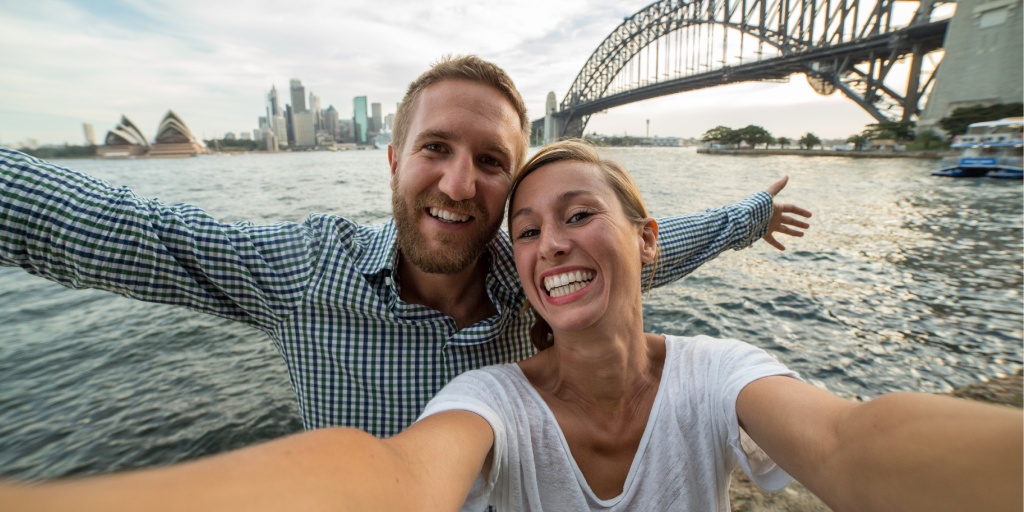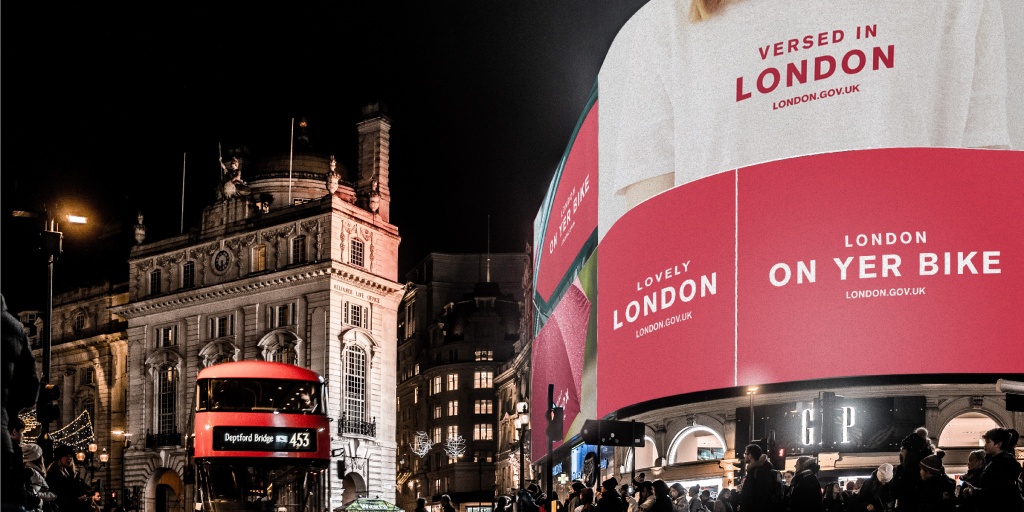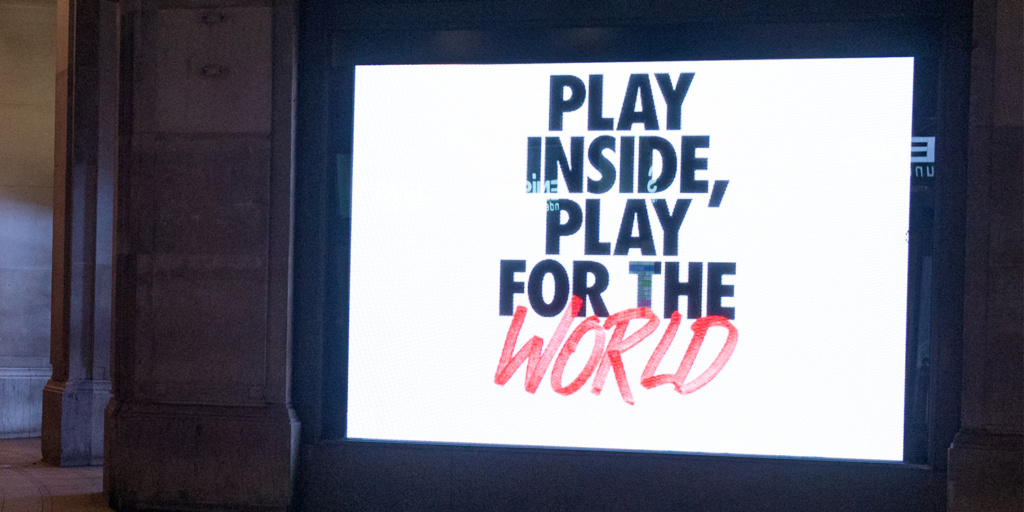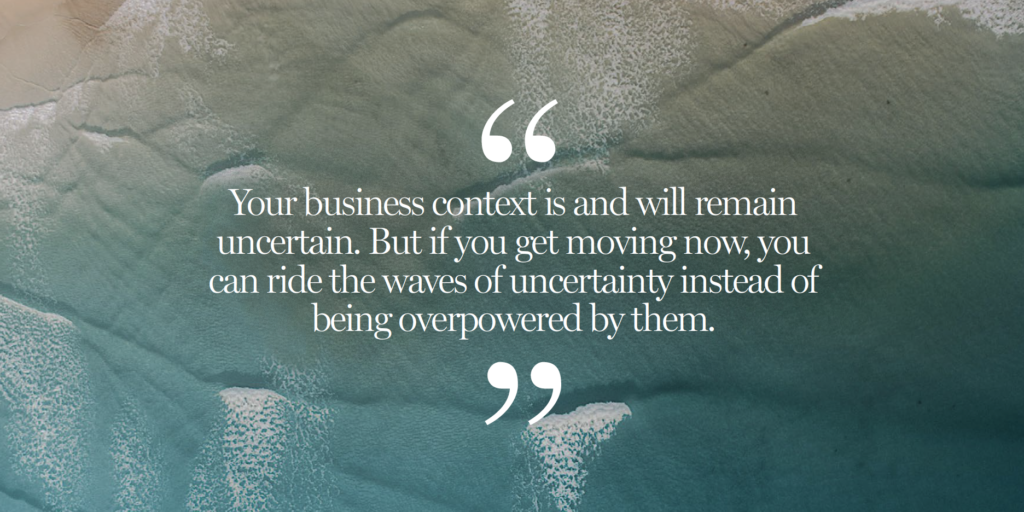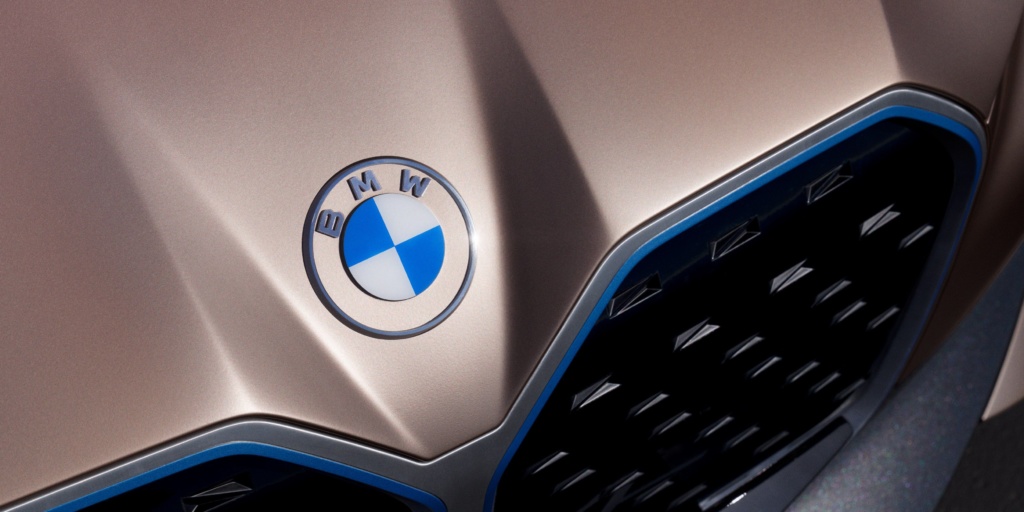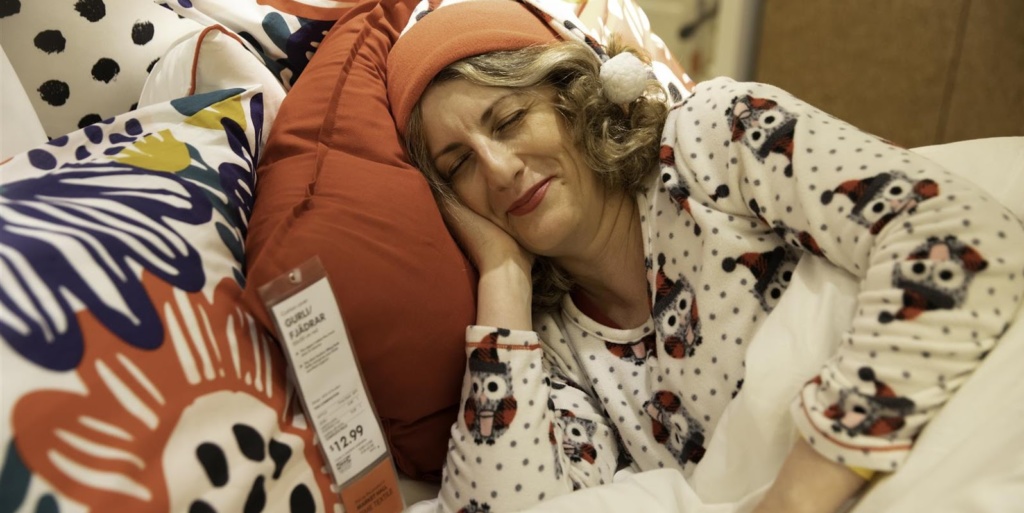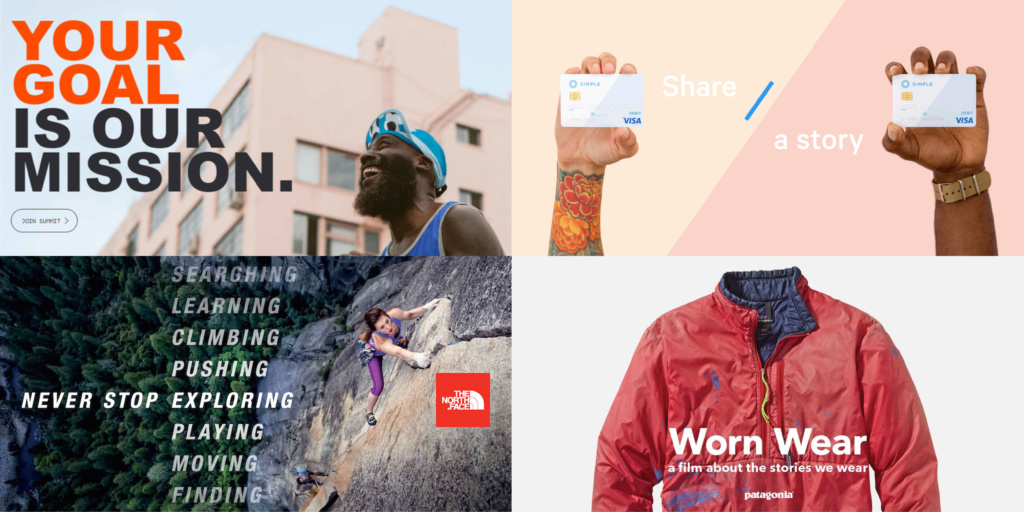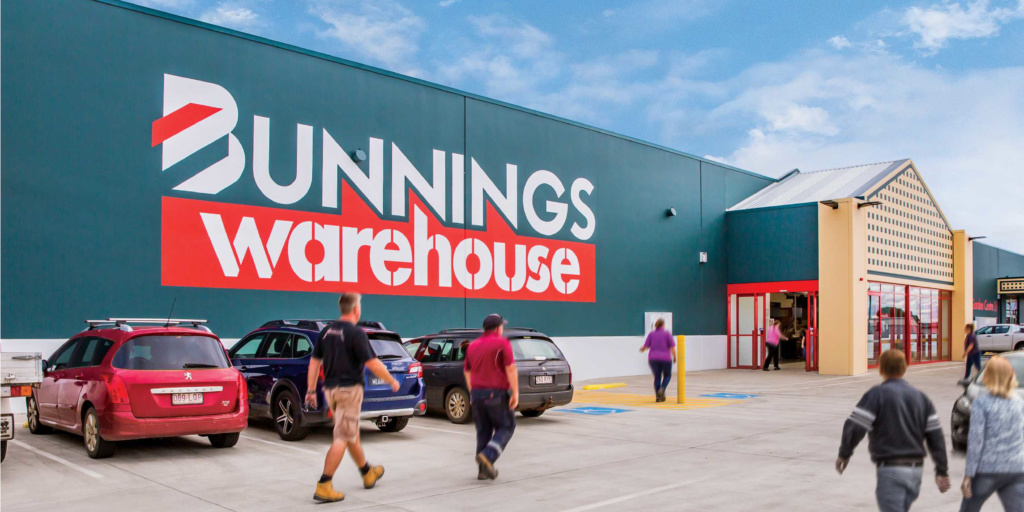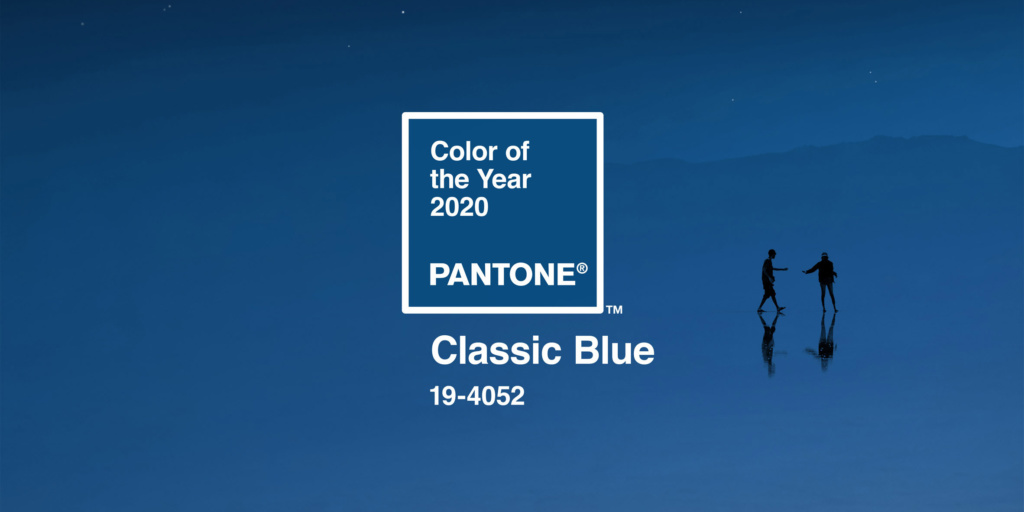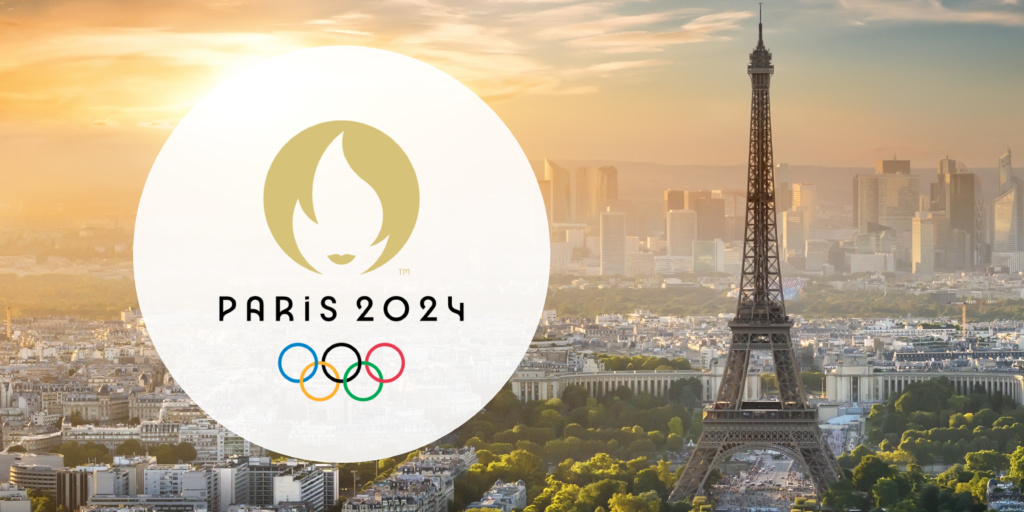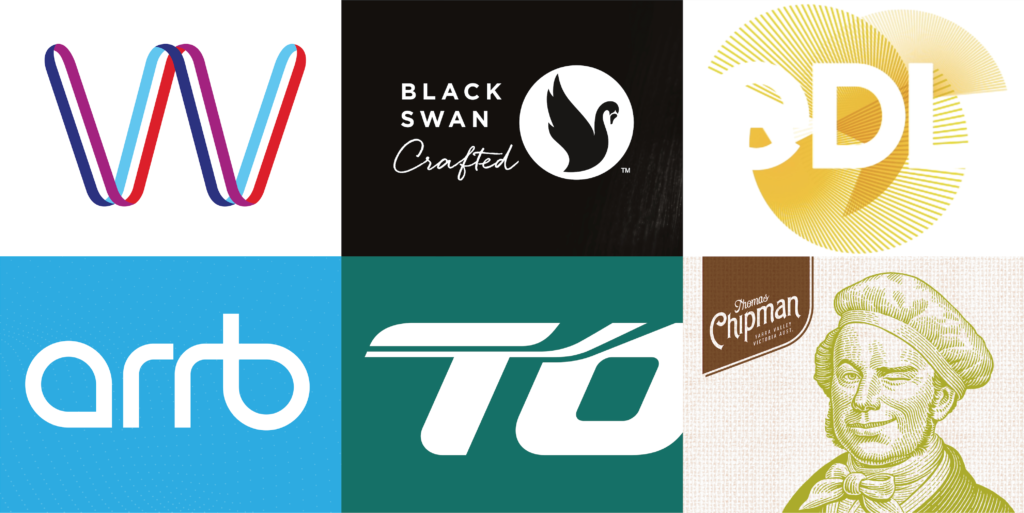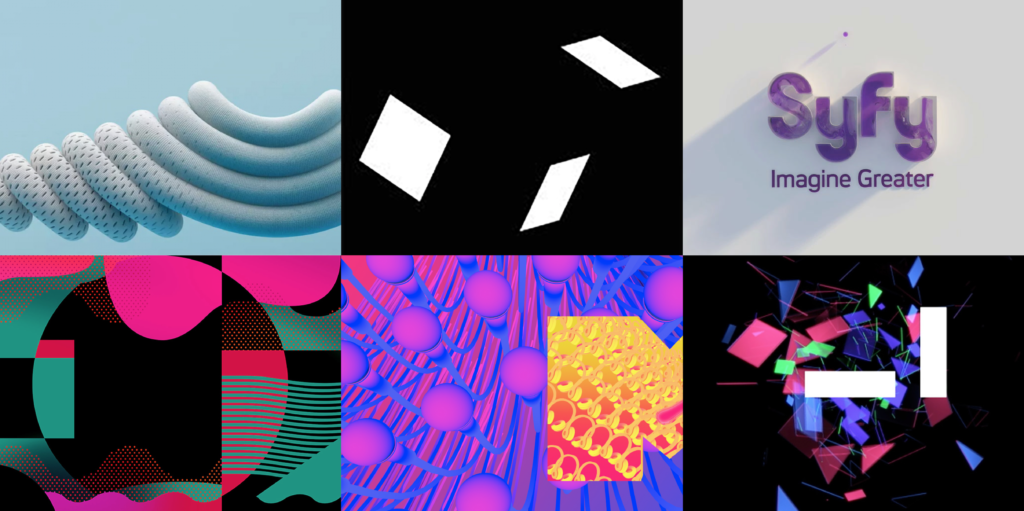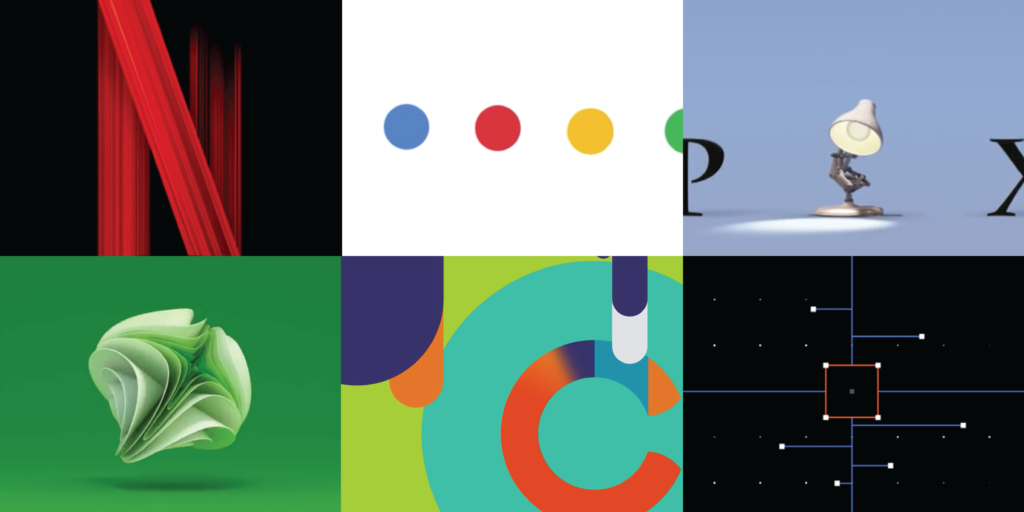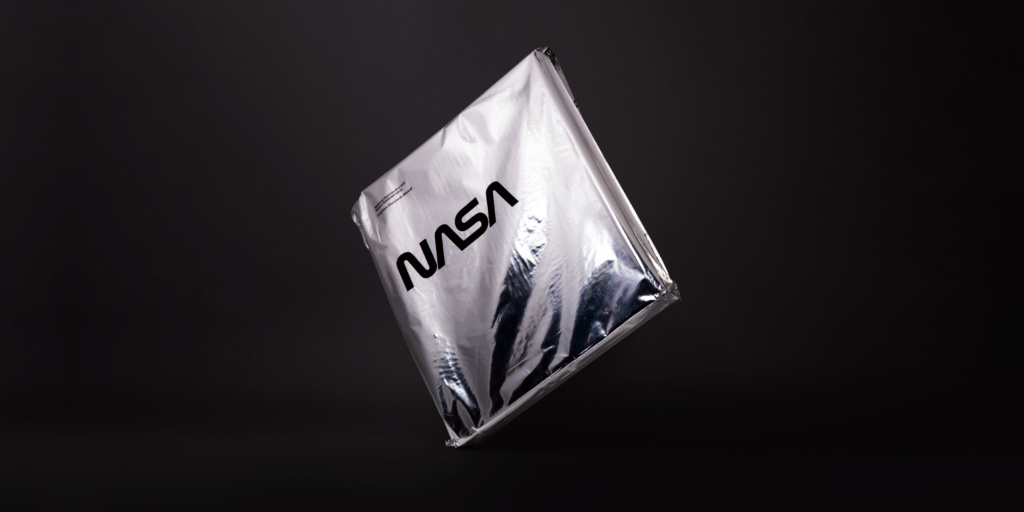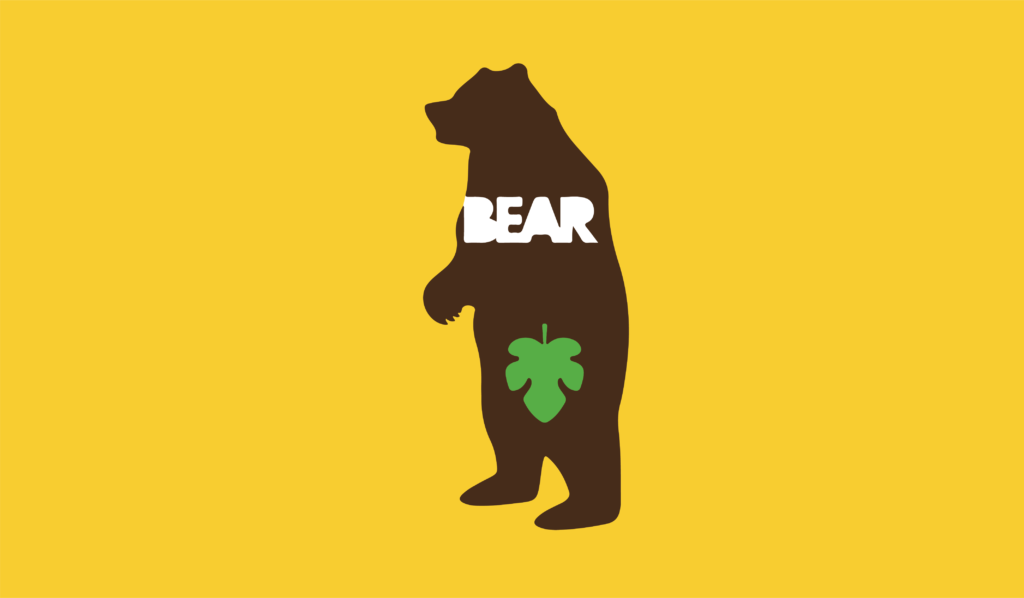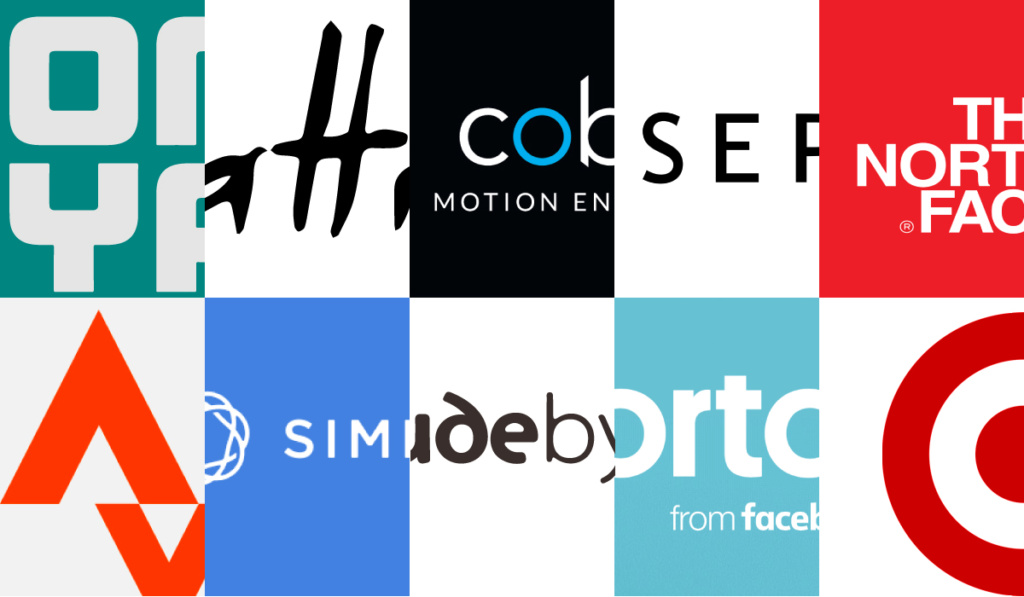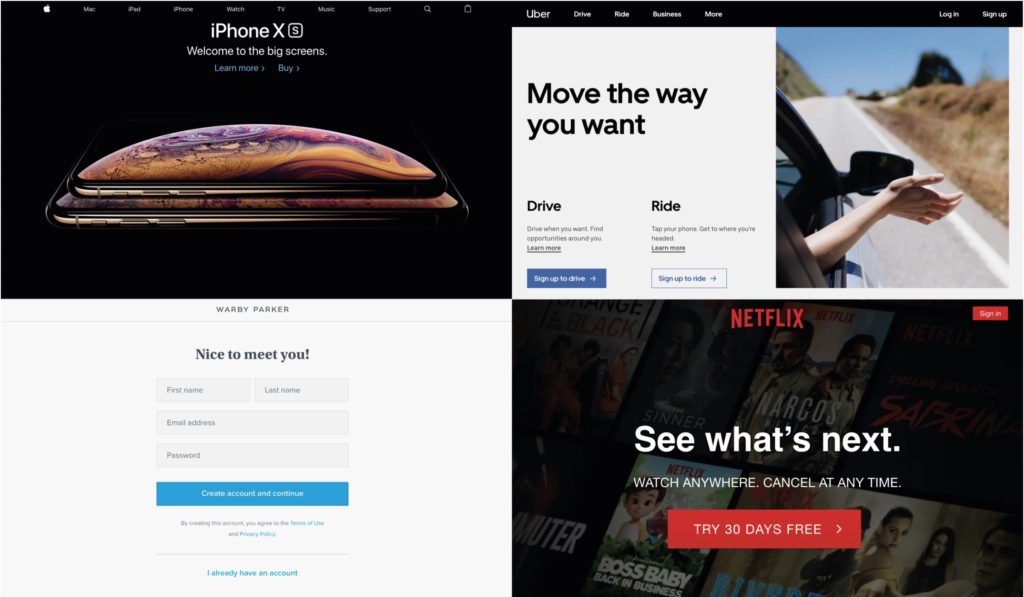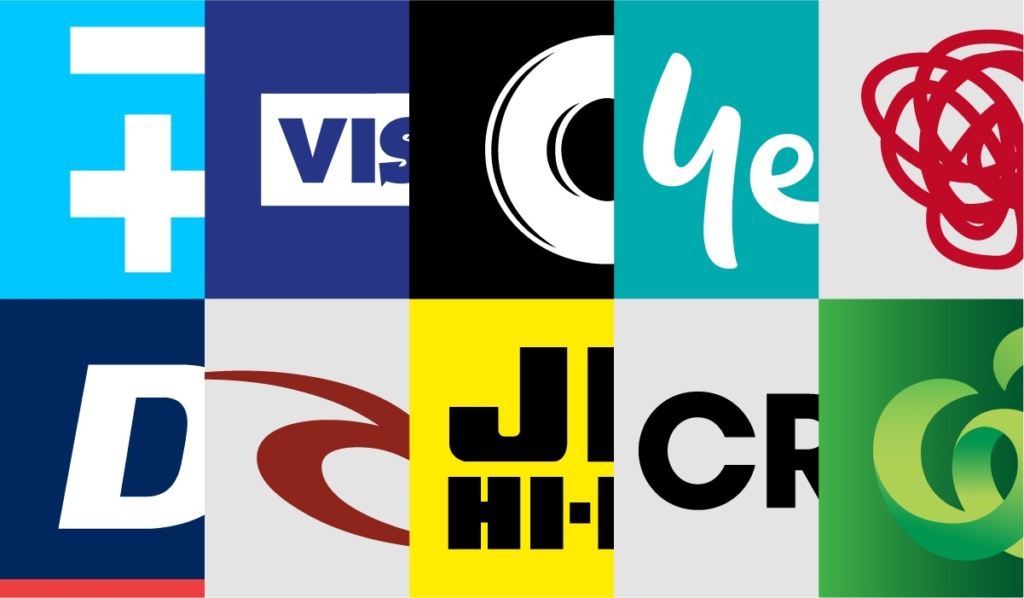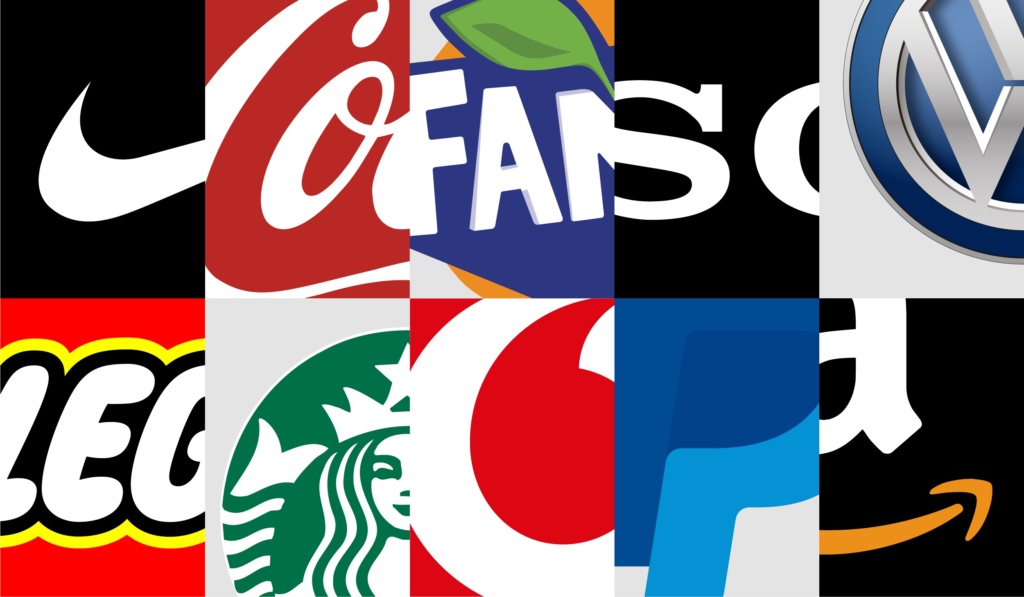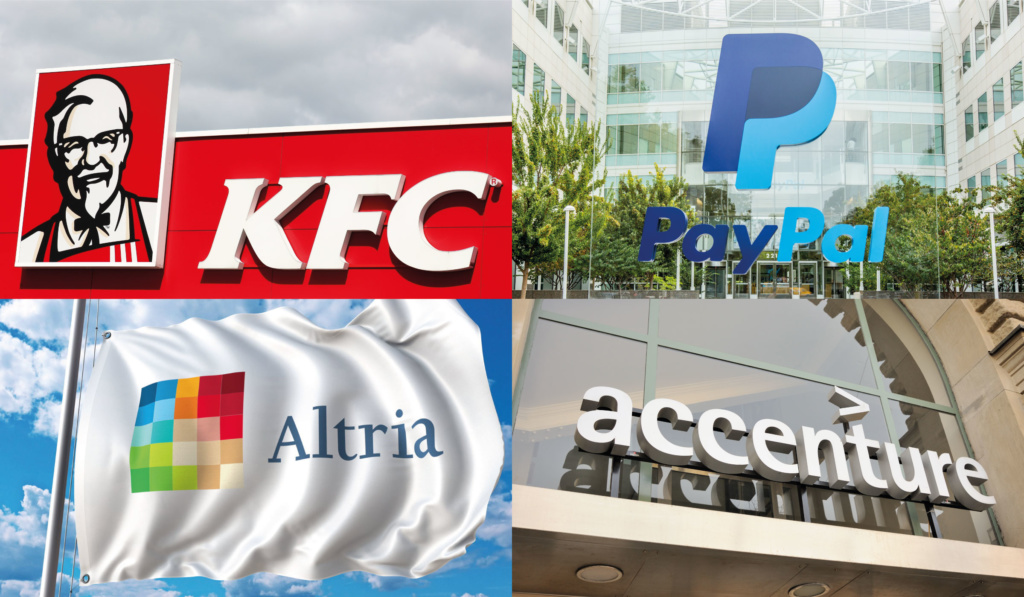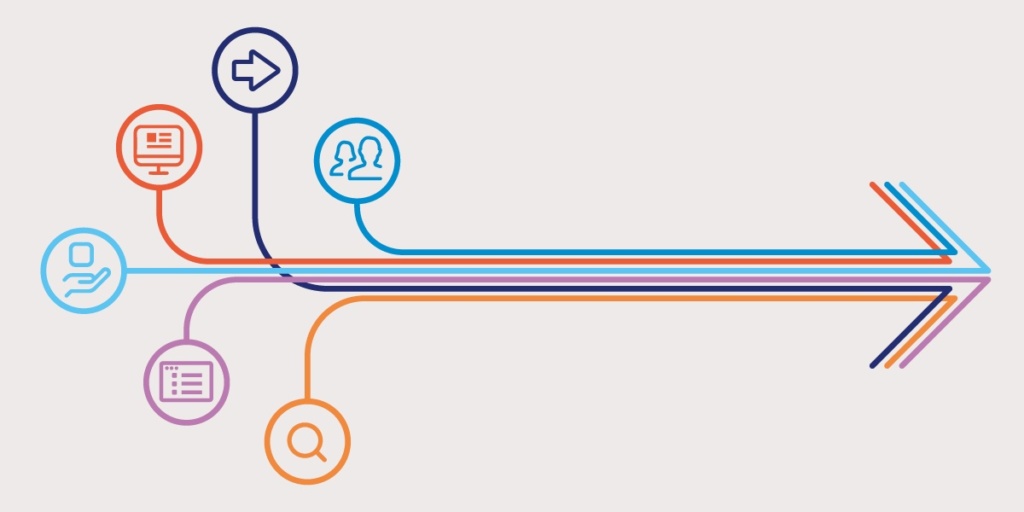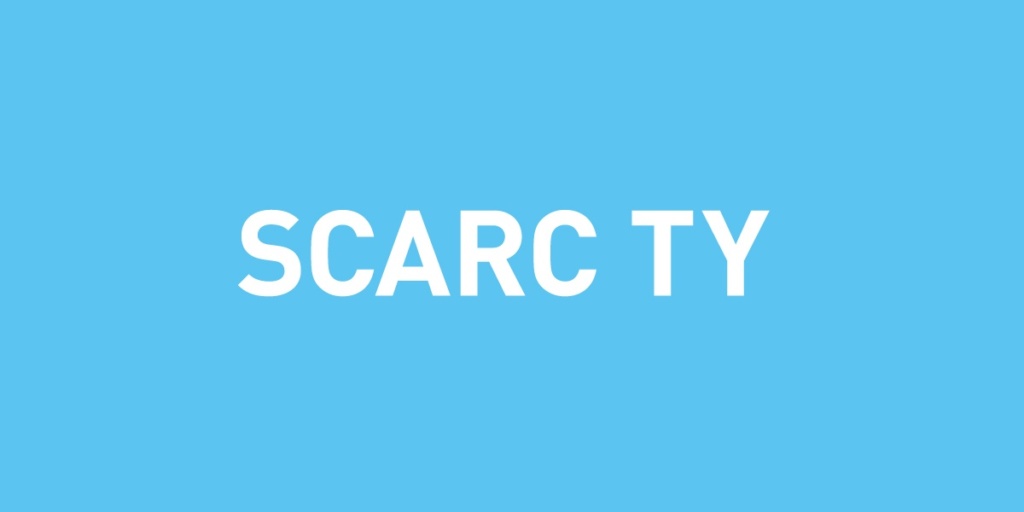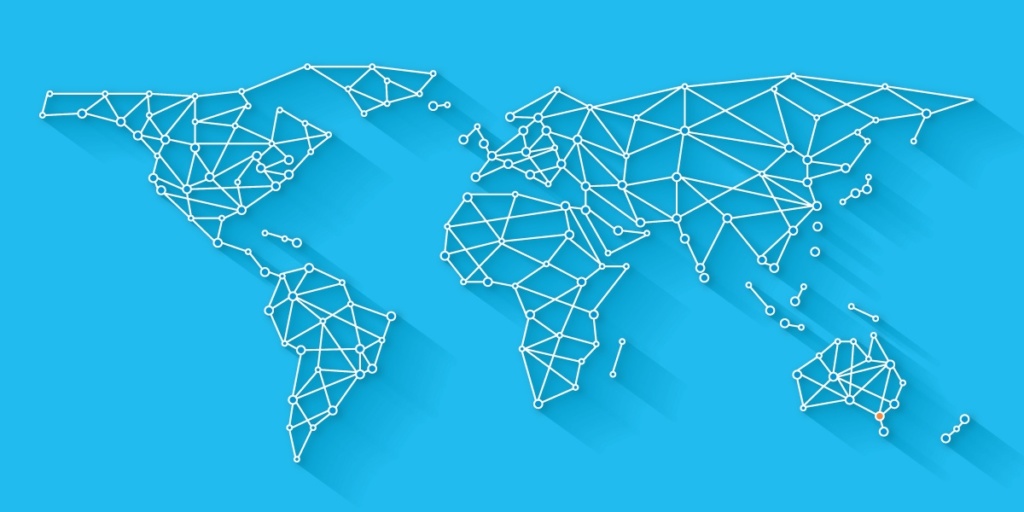In 2025, consumer priorities will continue to shift in powerful ways. As expectations evolve, brands must adapt—embracing innovation, transparency, and deeper connections with their audiences...
Imagine a world where every piece of chocolate is as ethically crafted as it is delicious. That's the vision behind Tony's Chocolonely—the iconic brand boldly shaking up the chocolate industry and challenging everything we know about cocoa...
The global mental health crisis is escalating at an alarming rate, with one in eight people worldwide living with a mental disorder. Even more distressing, over 720,000 individuals die by...
Technological advances, shifting consumer behaviours, evolving cultural norms, and global accessibility have made our minds even hungrier for information, fresh perspectives, and constant stimulation, all readily available at the click of a...
As digital engagement is paramount, brand identity evolution has reached a significant milestone. Once a novelty, animated logos emerged as a global best practice in 2024. This trend is not merely a fleeting fascination; it represents a fundament....
How do you go about tweaking and representing one of the world's most famous, universal, and aspirational brands without offending traditionalists....
When it comes to audio streaming services, there is simply no bigger – and many would argue better – than Spotify....
Narratives are critical for brands to stand out and connect meaningfully with their audience. They differentiate brands from commodities, build emotional connections, inspire loyalty, and frame value beyond mere function....
Understanding the intricate interplay between visuals and human psychology is essential for creating captivating and impactful experiences. Visual engagement goes beyond mere aesthetics—it taps into the deep recesses of the human mind, shaping pe....
What does a brand do when it wants to extend its narrative and presence without having to reinvent the wheel? The answer is - collaborate. In recent years, brand collaborations have exploded with great success....
Few brands have walked such a polarising journey as Crocs. From humble beginnings as a boater’s shoe to global recognition, (with a considerable crash in between), Crocs has defied conventional wisdom and emerged as a....
In today's fiercely competitive commercial landscape, brands strive to capture attention amidst a plethora of consumer options, with only a select few standing out and achieving genuine iconic status...
As we ventured through the vibrant landscapes of the United States, our eyes were captivated not only by the spectacular sights but also by the creativity we encountered along the way....
In the dynamic landscape of beverages, staying relevant and capturing consumer attention is crucial. Coca-Cola, a powerhouse in the industry, understands this better than most. So, when they announced their latest product innovation....
The Australian food landscape is experiencing a transformative shift as we move into 2024. With health-conscious consumers, a growing focus on sustainability, and advancements in technology, the Australian food industry is on the cusp of a major....
Have you ever felt an instant connection with someone? Thoroughly enjoyed spending time with them and look forward to the next time you meet? Chances are it was their personality that left a lasting impression. When it comes to your brand....
What if food could restore life on our planet and tackle climate change? Fast moving consumer goods companies and retailers have the power to make nature-positive food that’s good for farmers and business growth mainstream....
It is impossible to discuss the future of our planet and economy without addressing the principles of regeneration. This is even more so for our food industry whose production limits and core capability is intricately connected to the health of....
The question still needs to be asked — what do we measure and communicate when it comes to sustainability across the food sector. When focusing on environmental sustainability there are three leading metrics that food brands should focus on....
As governments and industries grapple with the enormity of addressing climate change we are seeing a regulatory environment that is rapidly evolving. This can make it hard for companies to understand what regulations, methodologies and standards.....
Across global markets delivering on sustainability is rapidly becoming a must have for maintaining market share. The general sense of urgency with which we need to address climate change is intensifying and this is reflected across the regulatory.
We’re currently witnessing the largest ever generational transfer of wealth, laid on top of the world’s Sixth Mass Extinction Event, one that will threaten our very existence.
We surveyed 750 Australian consumers to delve into the realities of everyday life and supermarket shopping, we found that balancing the competing demands of health and budget has led to changes in purchasing patterns.
Every brand wants their customers to feel "True Brand Love" towards them. The benefits are endless including high levels of brand loyalty, willingness to pay a price premium and share recommendations.
Brands are in a relevancy crisis.
Consumer needs are shifting sands and evolving faster than ever. Brands are struggling to understand what their customers want. Furthermore, there is a growing disconnect between what companies think their customers
Sensory and communications uniqueness are both central to developing a lover-like brand engagement.
The ultimate goal of all brands, a lover like relationship is characterised by feelings of genuine affection, and the capacity of the brand to create separation distress.
Friend-like brand relationships typically provide significant amounts of brand loyalty and word of mouth recommendation. They can also help brands to command a price premium and, in general, consumers are more willing to forgive mistakes.
These changes have ensured that Kmart is no longer perceived as a servant brand. However, Kmart has been able to move beyond “friend” to “lover” status by delivering high levels of....
These are the examples that inspire us to create projects that truly push the limits and get results.
Retailers are now rewriting the industry playbook with engaging digital storefronts in the metaverse.
The beverage industry has carbon-neutrality, traditional fermentation techniques and non-alcoholic beverages on their 2022 agenda.
In 2022, food and entertainment will further collide as chefs find direct ways to engage consumers through online content channels.
In 2022, virtual health communities will continue to flourish, rewriting the public narrative around personal wellness. The pandemic shone a light on the scarcity of public health resources, forcing people to take health into their own hands.
Nowadays, with the endless array of dairy products, choosing one can be a nightmare! When faced with shelved stocked of a wide range of products, we naturally choose the one we find most appealing or attractive.
In 2022, beauty will veer away from the aspiration positioning of the last 30 years. With attitudes, lifestyles and identities more fluid than ever, the beauty sector is embracing a more flexible approach to making us look and feel better.
Like every generation, Millennials have a particular lens they apply when making buying decisions.
All of the traditional purchasing criteria still apply, but there are four strategies that can make them more likely to buy one brand over another.
Storeage, a Shanghai-based Dutch retail design firm, teamed with B+Tube, a skincare and cosmetics business, to produce the brand's first flagship.
The world is changing; including our relationship with food and beverage brands. Developments in agricultural practices, society, communications, the list of the drivers of long-term changes go on and on.
Consumer research and trends are the backbone of our work at Davidson. Whether you’re an FMCG product, a corporate service, or a retail brand, understanding the cultural shifts that shape global consumer preferences is critical to remaining agile.
The Davidson team have collated the most innovative and inspiring global corporate brands of 2021.
Brands and retailers who can offer shoppers opportunities for FOMO, impulse and planned purchasing will have greater appeal and visitation.
Millennials are very savvy and capable bargain hunters and are increasingly seeing online as their best shopping option. Physical stores need to keep adding value with interactions and experiences that can’t be delivered digitally.
Laughing at themselves and their hapless daily lives makes them happy, but its 24/7 music spanning multiple genres and decades that keeps them going.
Products and brands that combine physical and mental health are appealing as will those that challenge conventional thinking.
Sharing values is critical to Millennials, and they will punish brands and retailers who transgress. But brands who enable them to “do good”, particularly in small but demonstrable ways, will gain their trust and continued support.
Buying Australian-made represents the highest manufacturing standards, ethical labour practices, and fresh produce grown in a clean, safe environment.
With bursts of delectable flavours produced from natural fruit and plant extracts, Waterdrop encourages you to drink more water.
Marketing should acknowledge and embrace the challenges and excitement of new work directions even if means not leveraging the primary Degree held by most.
The SKIMS brand has developed the next generation of solution-oriented underwear, loungewear, and shapewear.
Businesses now operate in a permanent state of disruption. Pandemics, social inequality, environmental disasters, and consumers play the role of activists by selecting where they spend their money.
Firefox is developing into something much more than a browser, which meant that they required a fresh new logo and branding system that could accommodate all of the new services they've launched.
Today, brands are an integral part of our daily lives – from the clothes we wear, the car we drive, the food we eat and even our choice of tattoo, are often influenced by leading brands.
A growing number of fashion brands are opting to abandon overt marketing ploys in favour of sensory-driven experiences, with pop-ups serving as an effective vehicle for doing so.
Created by Aussie Georgia Geminder, 'Gem' is the newest brand to hit our shelves, hearts and mouths! Gem has proudly produced the first toothpaste in Australia to contain an oral probiotic.
Glossier's in-house creative team was inspired by local flora, notably the lush emerald trees of the Pacific Northwest and the unique features of mushrooms.
The CO.Colgate.com line is aimed towards the next generation of beauty fanatics looking for brands that reflect their beliefs, match their lifestyles, and encourage self-expression.
The world's largest internet domain name registrar, GoDaddy has unveiled a new corporate identity in its first major rebranding in 23 years, in an effort to promote its dedication to entrepreneurs and inclusivity.
Taylor & Smith Distilling Co. has brought something new to the whisky sector while avoiding the traditional macho connotations that are typically associated with this particular spirit.
The Pantone colour identification system is the inspiration behind the lively pop-up cafe. The vibrant bistro creates food inspired by various hues in the Pantone colour system with each item on the menu paired to a corresponding swatch and code.
The leader of personal care and grooming space, Gillette, has announced its latest venture toward increased sustainability, launching its brand-new Planet KIND shaving brand.
The leading cloud-based scheduling platform, Calendly, has unveiled its modernist makeover, expressive of the simplicity of Calendly's mission: providing users with easy ways to communicate with others and manage spaces in their calenders.
The luxury French skincare brand, Lancôme, launched their virtual pop-up experience to the Australian beauty space in February 2021. Presenting beauty enthusiasts with an immersive 3D shopping experience, unlike any traditional online store.
Rolls Royce recently unveiled a new visual strategy and brand identity that echoes recent efforts to modernise the brand and appeal to a younger and more diverse clientele.
Zara Beauty is making its mark in the beauty space by launching a makeup line whose sole mission is to promote inclusivity, sustainability and self-expression.
The façade is inspired by East and South African beadwork and features over 13,000 recycled aluminium cans arranged in an intricate lattice pattern, while the products are displayed as if in a museum.
Known for their high-quality and handcrafted watering cans in an age of mass production, a holistic brand and packaging refresh saw Haws repositioned to the top of the market.
The retail landscape is changing at lightning speed. Drawing from over 400 global and local reports, case studies, and industry research, we have curated a comprehensive report; aiming to help you prosper in retail's new norm.
For FMCG brands, now is the time to plan ahead for a new reality. Reflecting on both the long-term trends and the short-term impact of COVID-19, this report speaks with the voice of the consumer; their lives and the role food and beverage plays.
A true disruptor in the sector; Absolut Vodka's refreshed bottle design masterfully pays homage to its Swedish origins, not compromising the originality characterising the brand and the forwardness in which it communicates its values.
The Climate Change Committee moved away from the sector’s “cliched earth logo trap”; its striking rebrand powerfully communicating data in an engaging way that speaks to both the general public and data analysts.
2020 brought confusion and rapid change for many brands. With a brighter outlook for 2021, economic stability and a renewed sense of optimism from consumers, there are many ways brands can help navigate a course to a year of growth.
The 19,000-square-metre retail space curated by Gentle Monster boldly disrupts the current retail typology; its experimentation and art installations transporting customers into an alternate universe - the ‘Mars zone’.
Steens’ new packaging, inspired by the honey bee, is an interactive structure with a bee box exterior and a blossoming insert; allowing the brand to stand apart in a competitive category by providing customers with a memorable unboxing experience.
Fragrance Lab presents a unique personalised and interactive experience shaped by visitors’ preferences, tastes and habits.
The citizen-facing master brand for City of Vienna allowed residents to feel more connected to the city and better-navigate its services, whilst to the outside world - it presented the Austrian capital as the smart city of the future.
The London-based startup’s first product - Ooho - introduced the world to edible water bubbles by leveraging their creation: the NOTPLA technology.
Lush’s latest project in Liverpool creatively reinvents retail as we know it by incorporating exclusive treatments, partnering with local businesses and leveraging technology; its primary goal delivering a “borderless”, immersive customer experience.
Milca’s relaunch campaign cleverly leverages the duality of being a ‘new’ heritage brand in the market by making use of nostalgia marketing insights and taking on a retro-modern aesthetic; masterfully appealing to both millennials and centennials.
The rebranded ‘Spare Snacks’ goes beyond the eye-catching packaging design and seeks to change attitudes towards food waste.
Driven by a passion for engaging with customers in a memorable and interactive way, the Huda Beauty brand presents a fascinating example of brand storytelling and product promotion through a unique medium.
Inspired by a complex history and a unique amalgamation of cultures, the brand identity projects sophistication and limitless possibilities through an arresting combination of motifs.
Going beyond the traditional transactional experience, the Hipanda store creates an enchanting futuristic retail experience by creatively coupling an impressive visual spectacle of installations with immersive storytelling.
The rebranding achieves a perfect balance between modernity and heritage; the punchy repositioning statement and its sleek reimagined new logo centring around ‘storytelling’ - the DNA of Warner Brothers.
LIFEWTR seeks to promote the arts and educate about its influential role in our society; its distinct brand positioning being ‘life needs art like it needs water’.
The Feel Good brand encourages deeper meaning in packaging design through their two-part strategy: sustainability through a closed-loop economy and mental wellbeing by ‘being in the moment’.
Driven by the desire to provide benefits to individuals, nations and their economies, the group refreshed its vision, captured by the slogan ‘Open Power’ which in turn inspired a revolutionary rebranding.
L’Occitane partnered with renowned French pastry chef Pierre Hermé to create a one-of-a-kind flagship Concept Store; a luxurious temple of pure indulgence and sensorial pleasure.
The athleisure giant is defining the future of retail as we know it and the “city shop” in Paris, being their latest endeavour, has set a new digitally-driven, sustainable retail standard.
Read how Good Things Brewing Co.'s sustainable philosophy and holistic branding strategy are leaving a mark and inspiring a necessary change in the brewing industry.
HyperloopTT aims to revolutionise the way we travel. The company has strategically put human connection at the centre and has incorporated ‘familiar’ elements in its branding; successfully resonating with potential future passengers.
If you offer a “must-have” product or service, the economic slowdown is far less likely to impact your business. Find out how you can position your business and your offerings as “essential”, and what the benefits of doing so are.
Aesop boldly takes a stand against the common belief that sameness equals a strong brand identity; instead, they claim that well-considered design can improve our life!
You may have heard the saying “don’t let a good crisis go to waste”. Find out why getting on the offensive early is essential in surviving the upcoming economic crisis.
Find out why focusing on your core customer, focusing on your core competencies, and focusing and streamlining your processes will ensure your business to survive the upcoming recession and thrive beyond.
Find out the two crucial strategies that will help your business not just survive a recession but flourish afterwards - all whilst maintaining a balanced yet strategic approach.
Drawing on research by Harvard, McKinsey, Deloitte, and Bain & Company, we’ve identified the proven strategies used by top companies to successfully navigate through a downturn and thrive after it - and compiled them into this comprehensive guide.
With Australia set to experience a resurgence in domestic tourism, having a powerful destination brand will be more important than ever.
Drawing from a collection of case studies, research papers and expert insights, we’ve curated a selection of the world’s leading destination brands and identified the seven strategies that position them as iconic places to live, work and visit.
Deliberating on the best marketing strategy to get you through the COVID-19 pandemic? Here is what customers want to hear from your brand in the coming months.
Read a summary of our essential report on the 12 key strategies used by leading companies to survive a recession - and thrive afterwards.
BMW has revealed its most drastic logo redesign since its inception.
IKEA's in-store sleepover activation is a world's best practice example of the sort of experiential marketing that will define the future of retail.
With a new decade comes a new set of consumer demands.
We know it can be hard to keep up - that’s why we’ve compiled a list of the most important things consumers want from brands in 2020.
In today's multi-channel, hyper-competitive market, building consumer trust is more important to brand survival than ever. But what exactly makes a brand trustworthy, and who are Australia's most trustworthy brands?
Pantone studies trends in colour, fashion, marketing, and politics to determine the colour that will define the next year. 2020's Colour of the Year is noticeably influenced by the ubiquity of social media and the current political climate.
The Paris Olympics Committee recently unveiled the logo for the 2024 Olympic Games. While public opinion has been divided, there are many things to like about this daring new logo - particularly what it can teach us about building a strong brand.
At Davidson Branding, we have years of experience in creating compelling animated brand identities for leading companies. Take a glimpse into the future of brand identity with some of our favourite projects!
Animated logos have been embraced by many leading companies as the future of brand identity, and are predicted to be a significant driver of brand performance in 2020.
What was once considered a frivolous novelty by marketers, has now been embraced by many of the world’s leading companies as a key driver of brand performance.
NASA is one of the most recognised, revered and iconic brands in the world. Designed over 40 years ago, the principles behind the 1975 brand identity remain as relevant today.
This is one of our favourite branding projects. Bear Nibbles make a range of products from snacks to breakfast cereal targeted at children. But what, specifically, makes this brand grrreat?
If you’re anything like us, you have an overflowing folder dedicated to all the consumer trend reports you’ve been sent for 2019.
The good news? We’ve read them for you.
A poorly-designed website leads to high bounce rates, low engagement and impacts the perception of your business. We’ve sorted through the clutter of information and compiled a list of the 5 essential strategies to improve your website's performance.
Many Australians have grown up with brands such as Country Road, JB Hi-Fi and Rip Curl but how many of us have actually stopped and thought about where these names actually came from?
Today, brands are an integral part of our daily lives – from the clothes we wear, the car we drive, the food we eat and even our choice of tattoo (no, seriously), are often influenced by leading brands.
In business today with shrinking marketing budgets and ever-increasing competition it’s more important than ever to get your branding right. In particular, your brand name has to do more, say more and work harder than ever before.
Lead generation is the action or process of identifying and cultivating potential customers for your business's products or services.
If you look at the principle of supply and demand, you’ll notice that when supply is limited, demand goes up. Scarcity has a psychological influence on us, making us want something even more if there isn’t enough to go around.
“Leads are the metric that, as marketers, we rely on. Because leads mean money.”
- Kipp Bodnar, HubSpot
